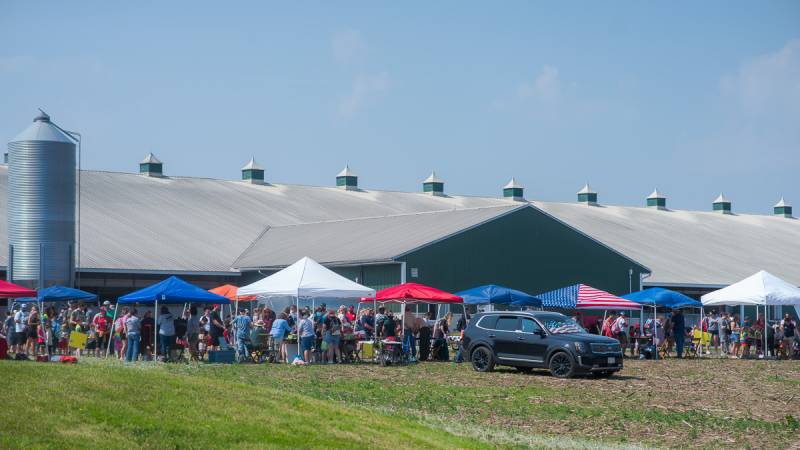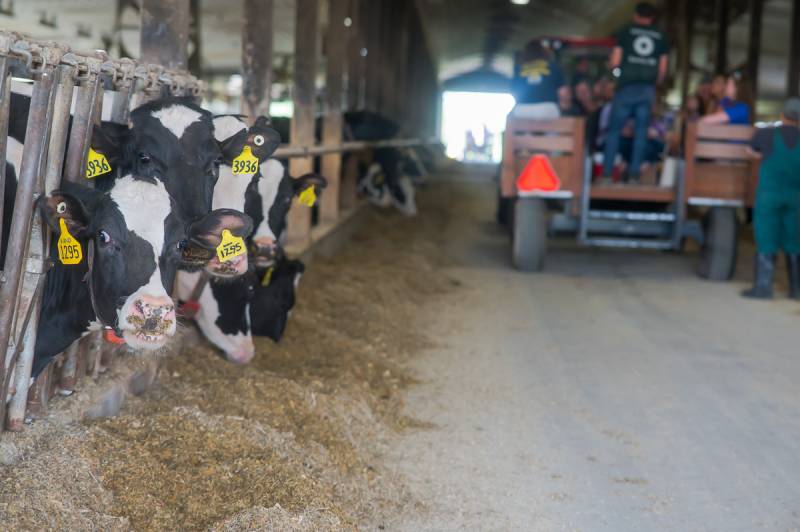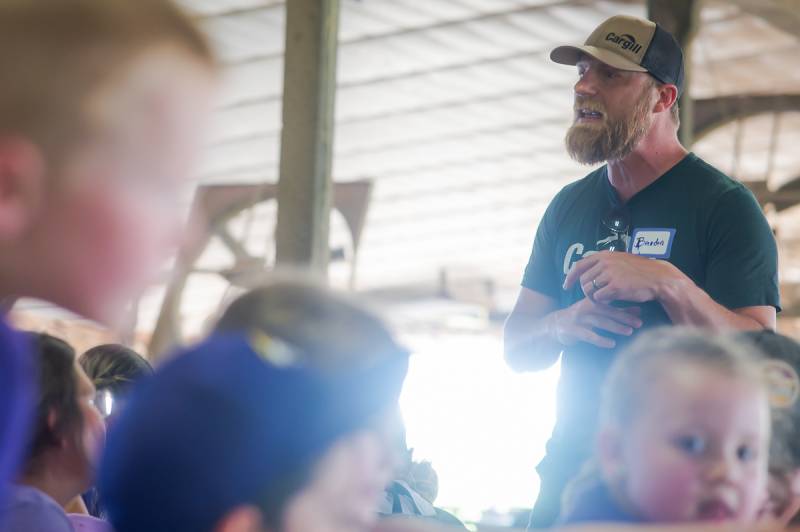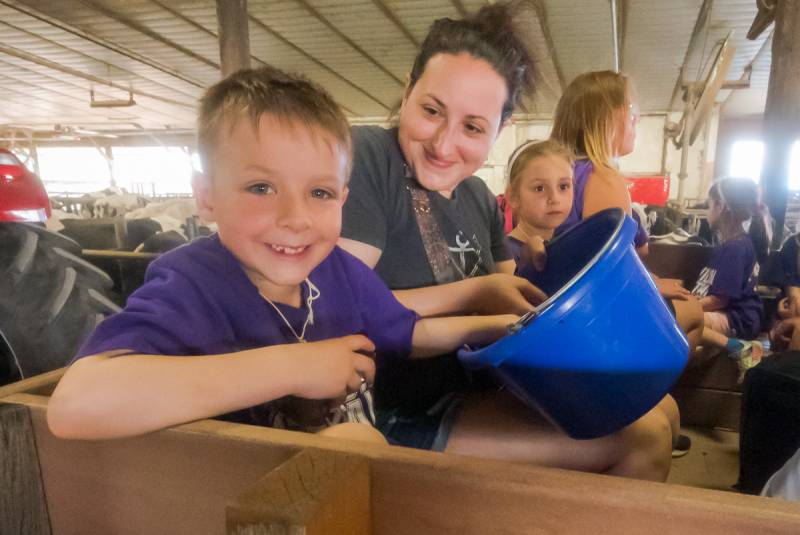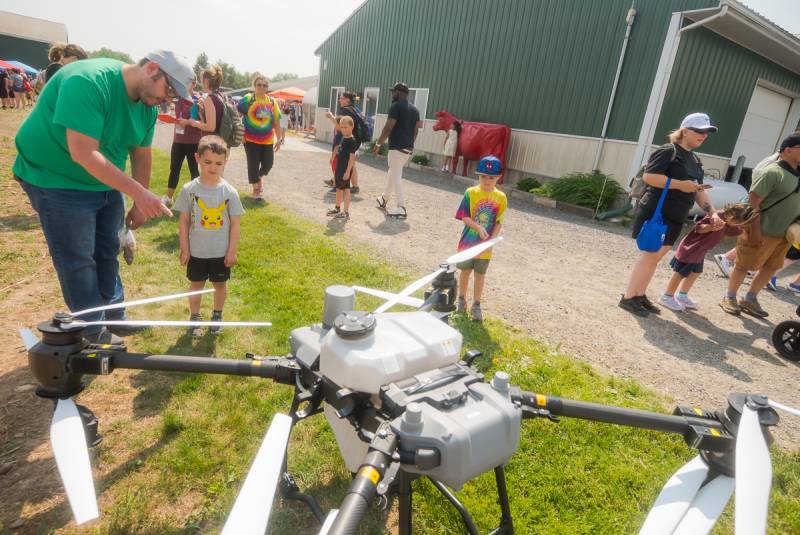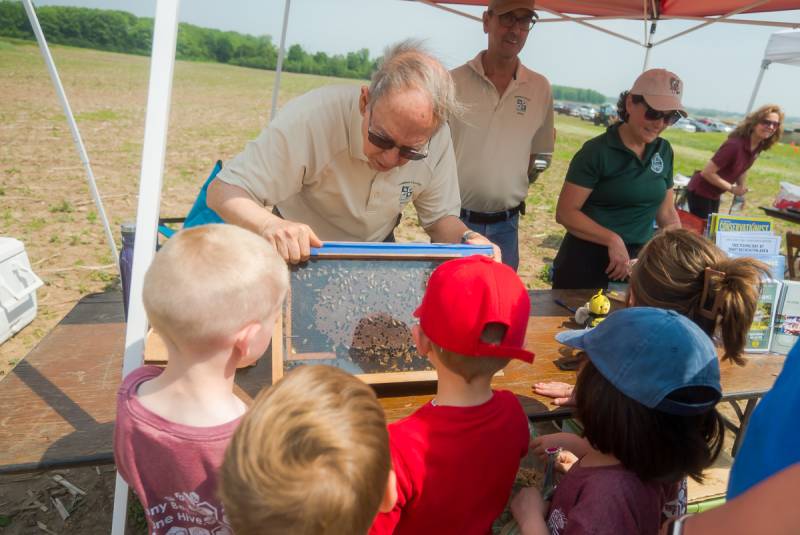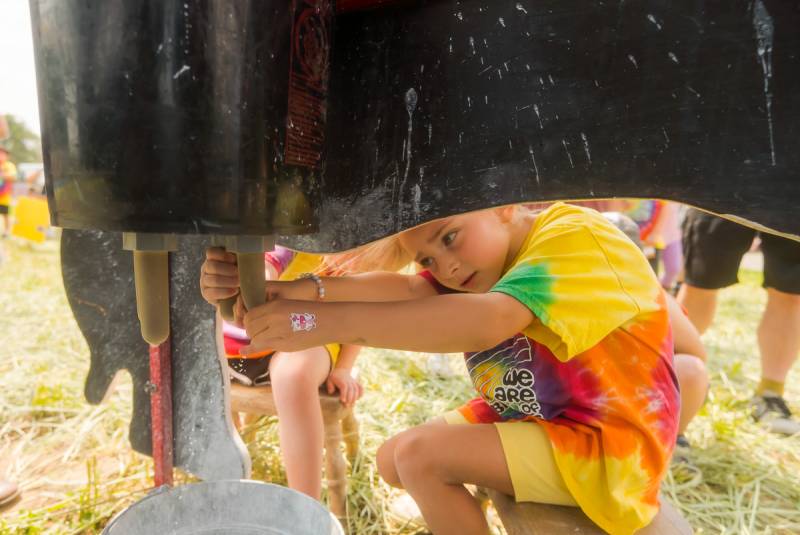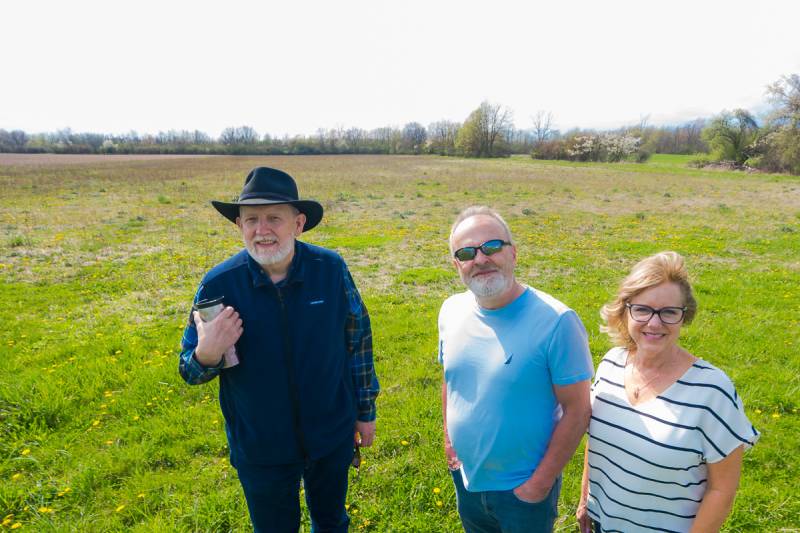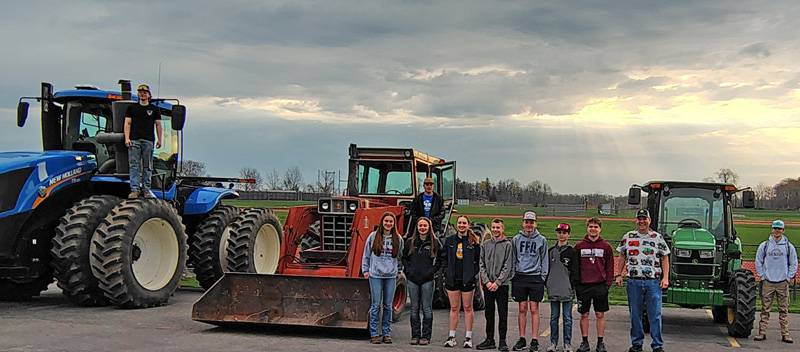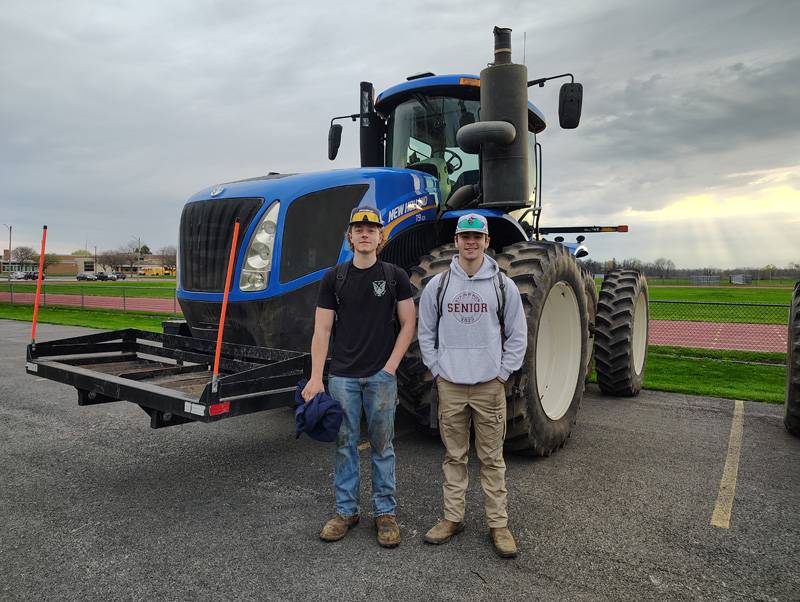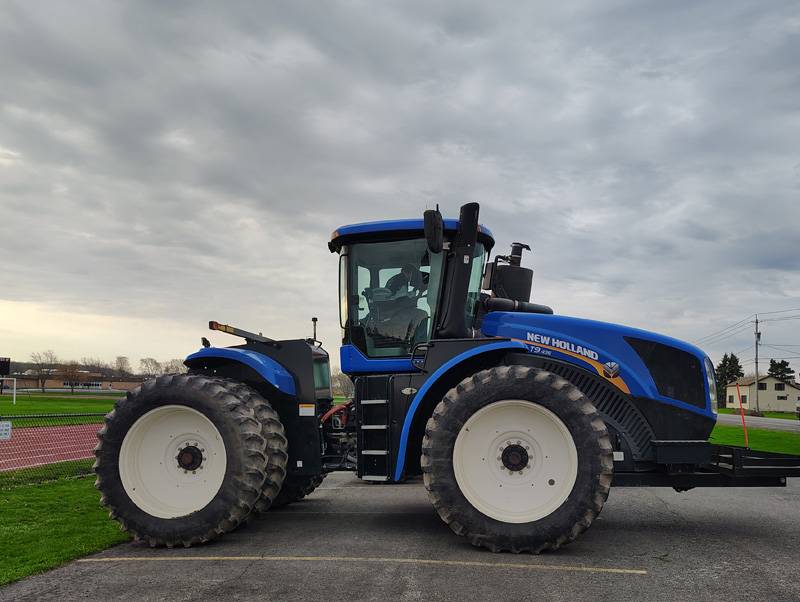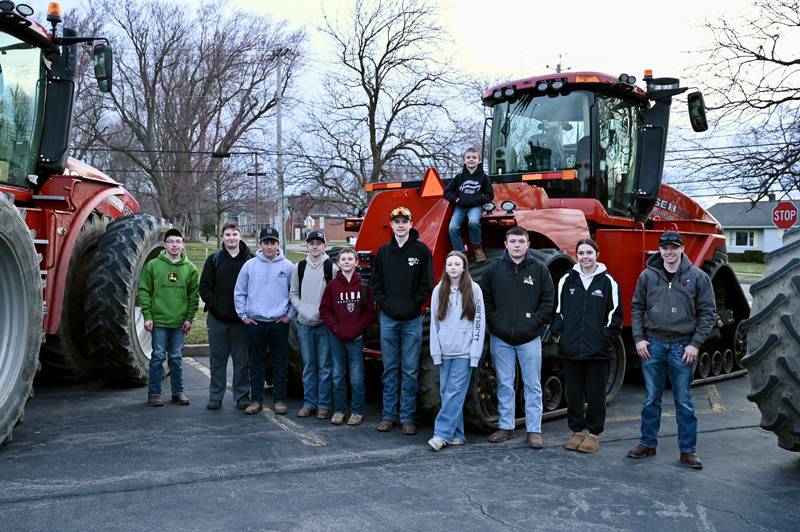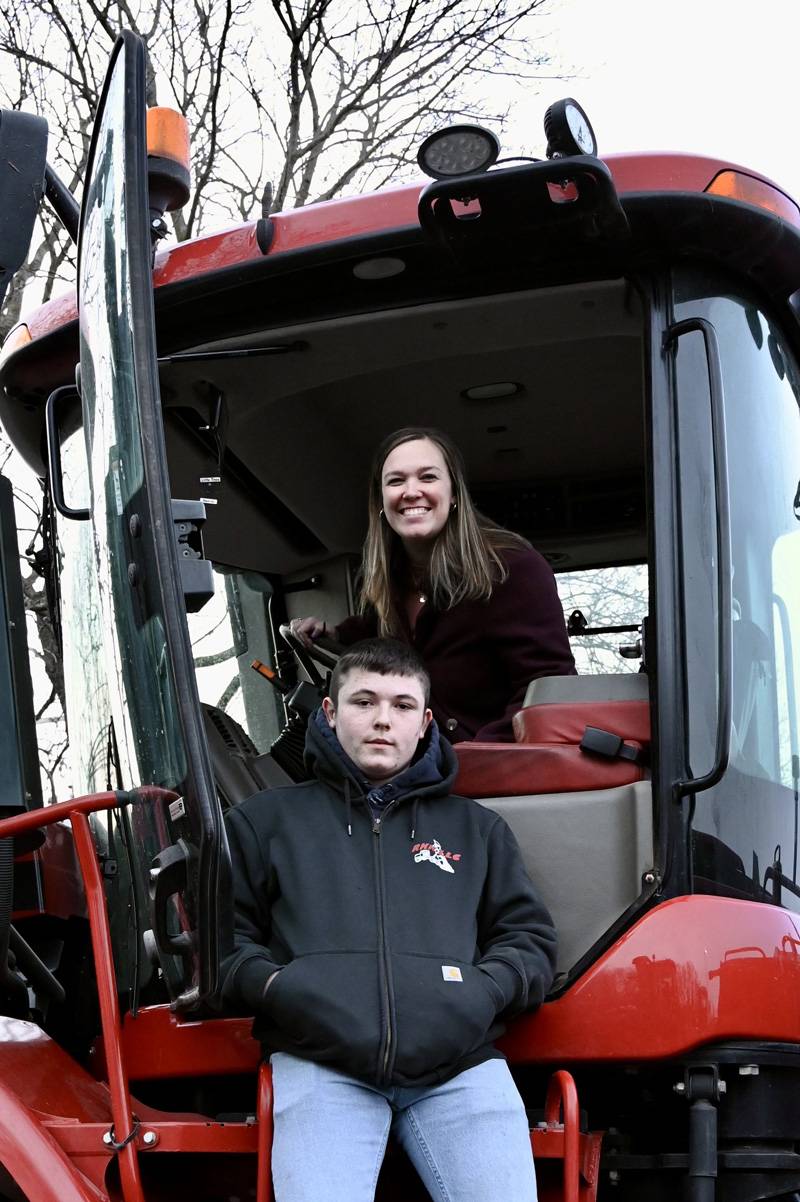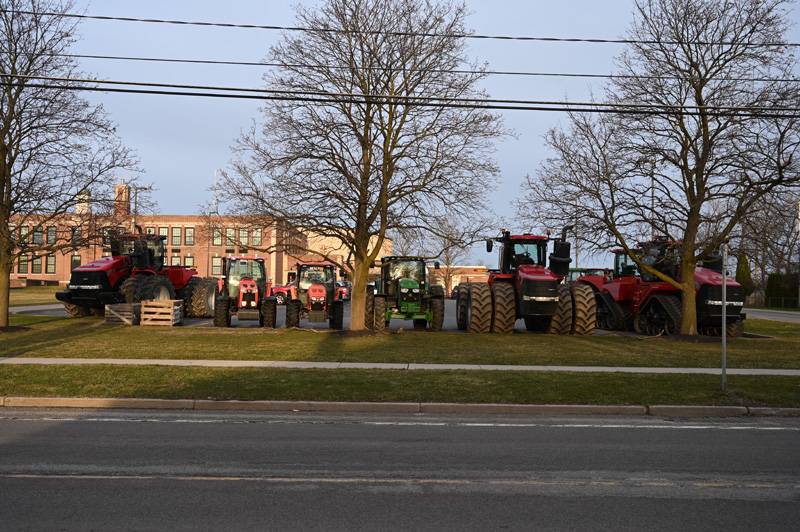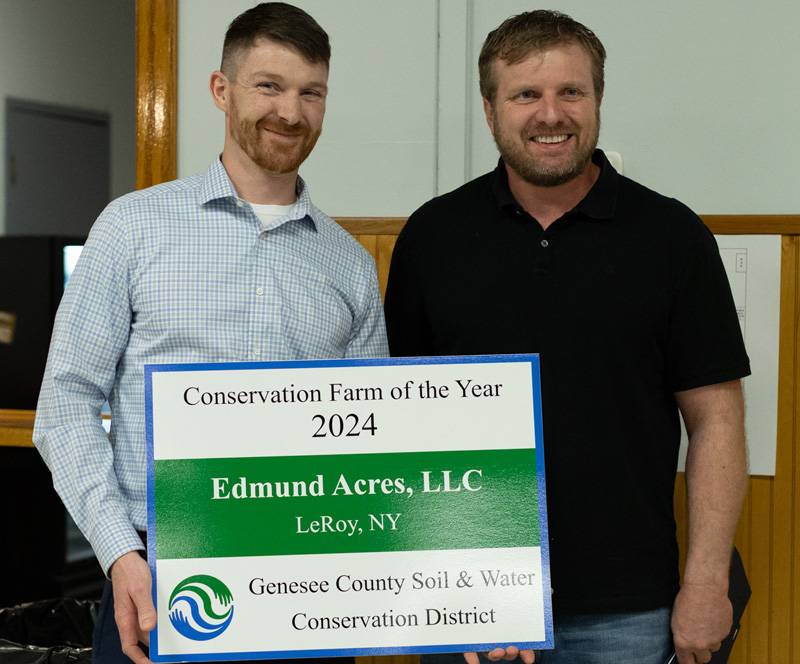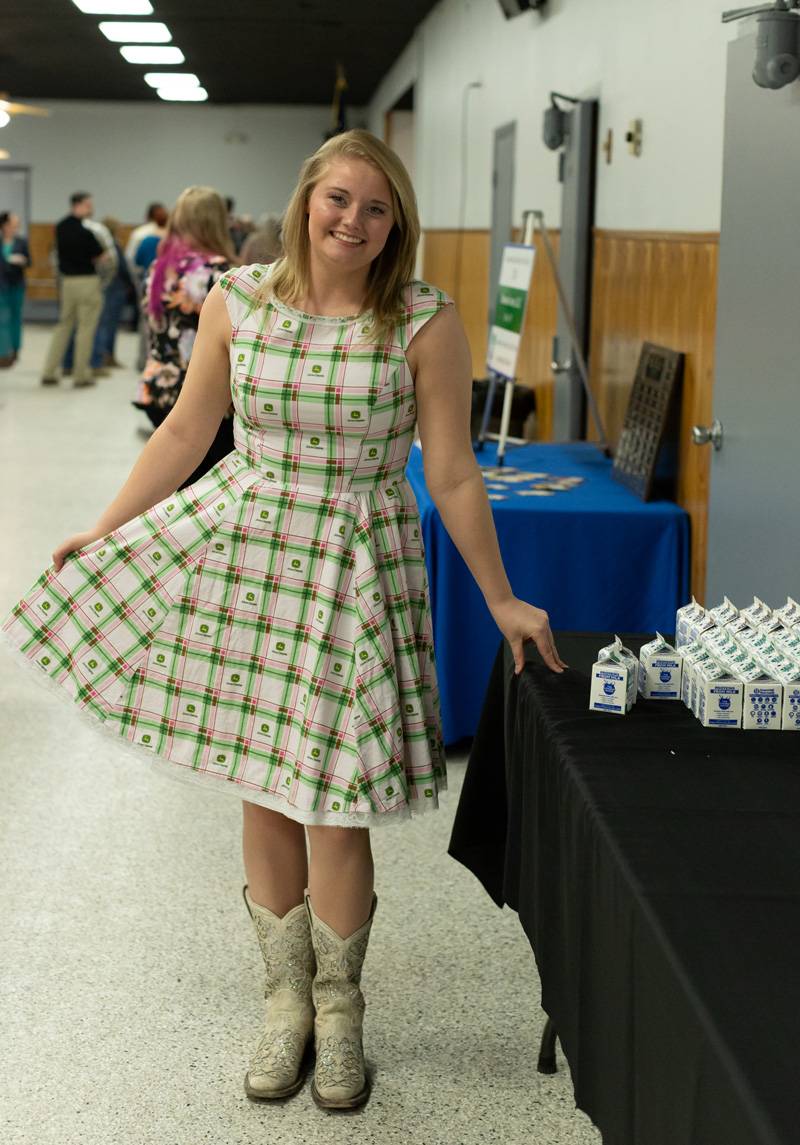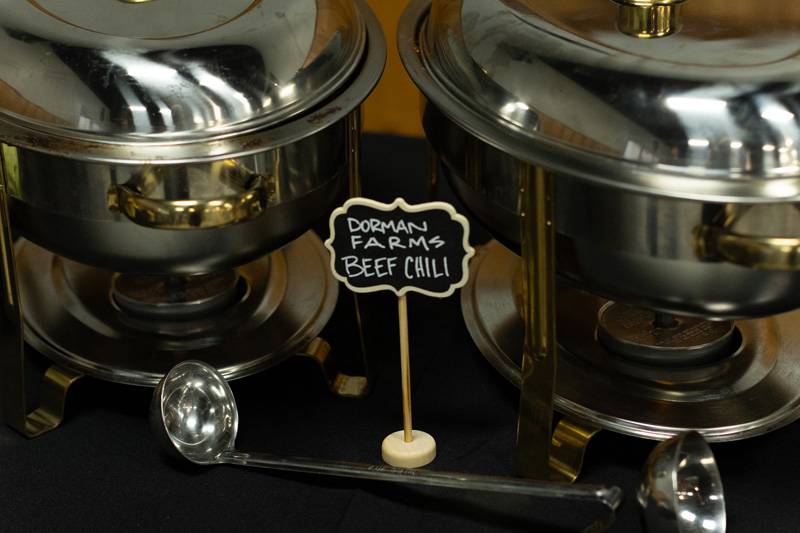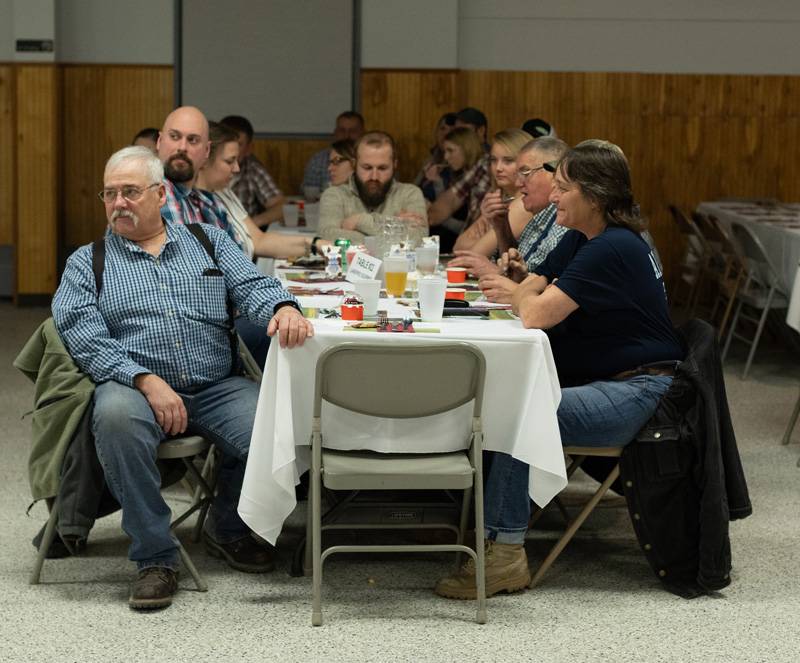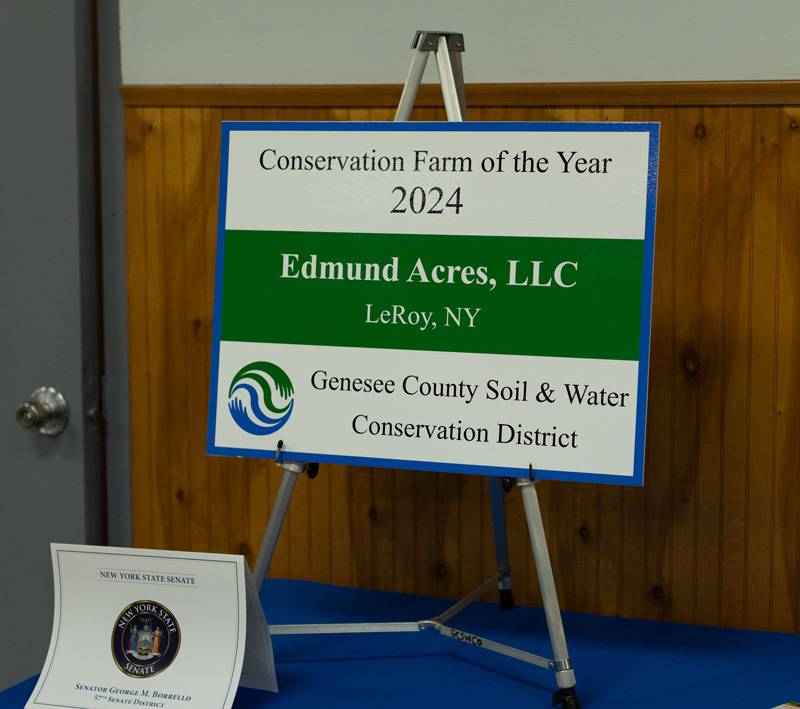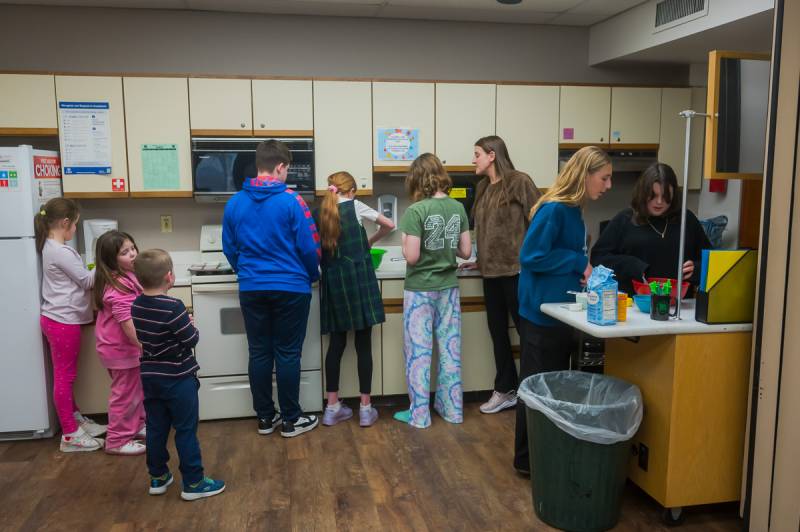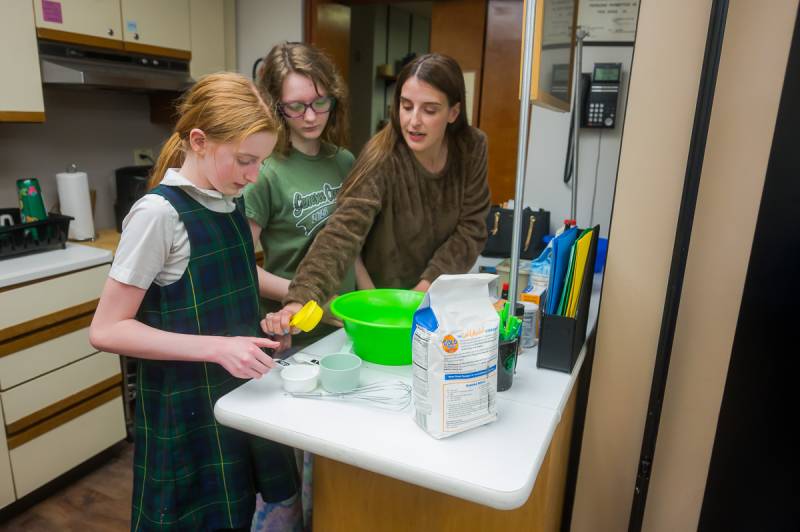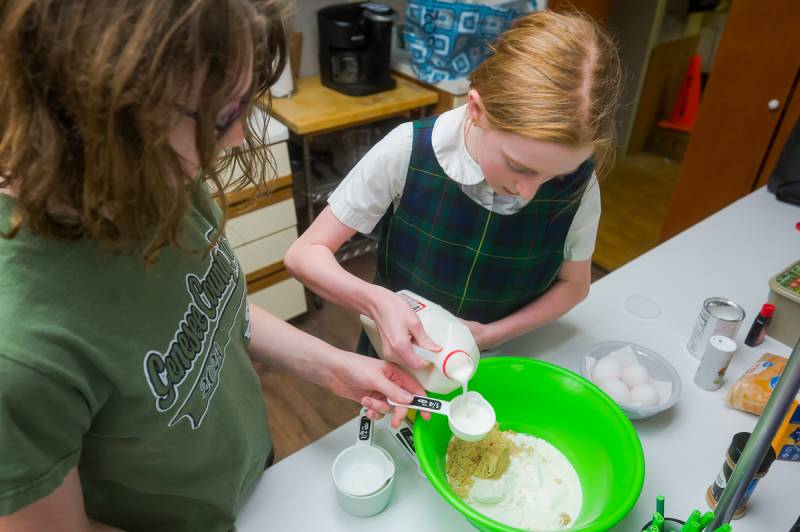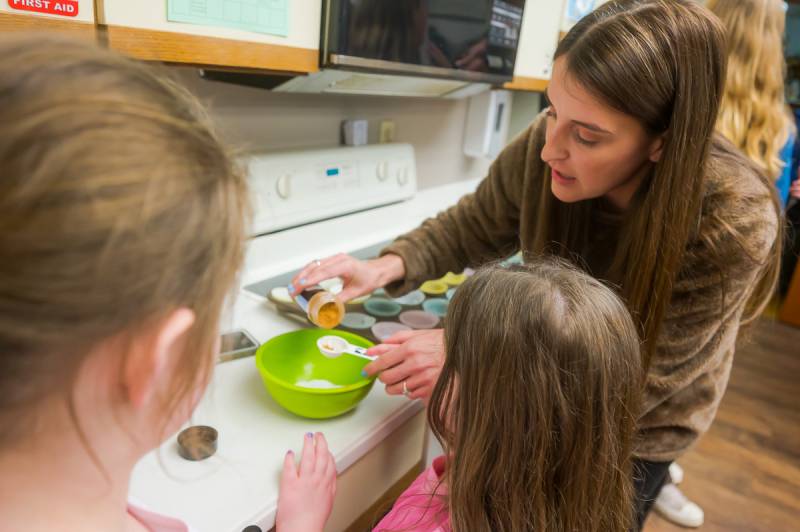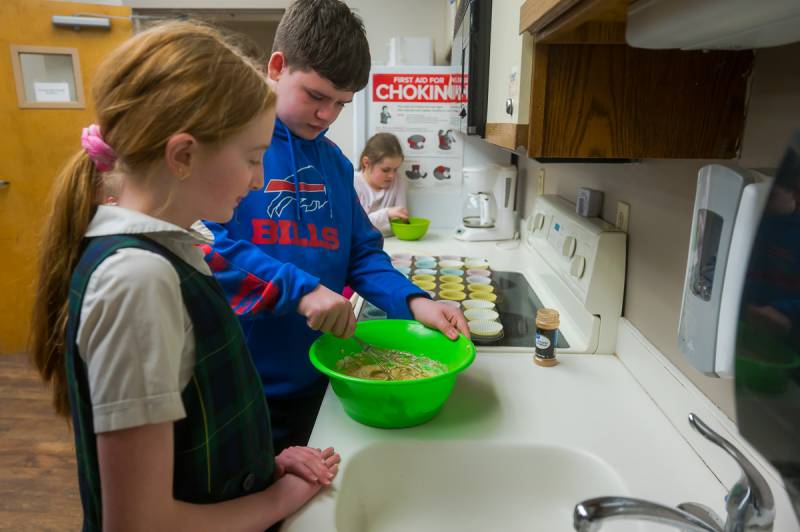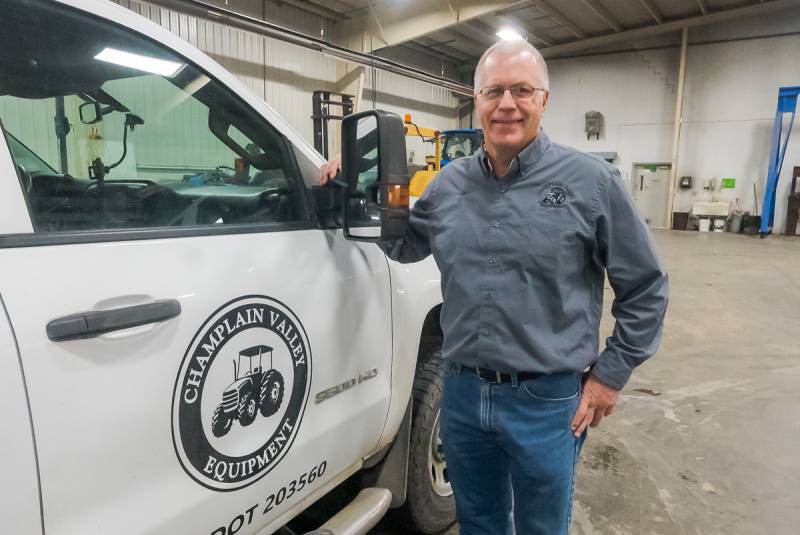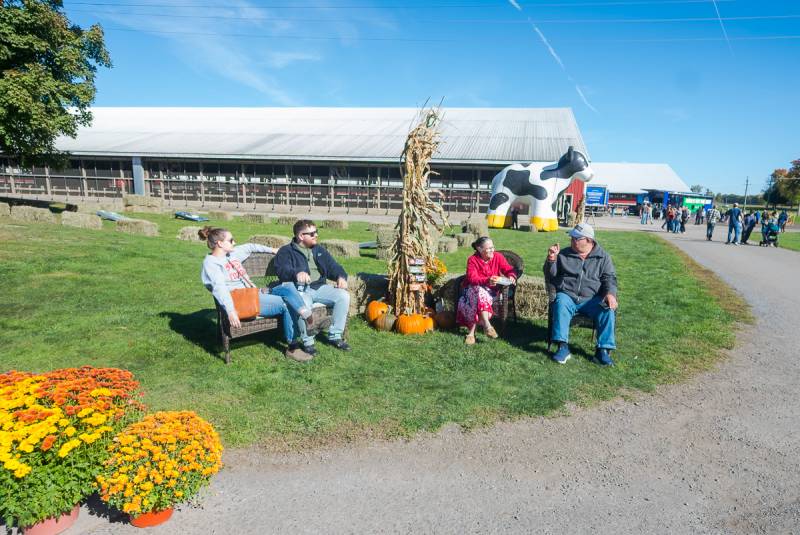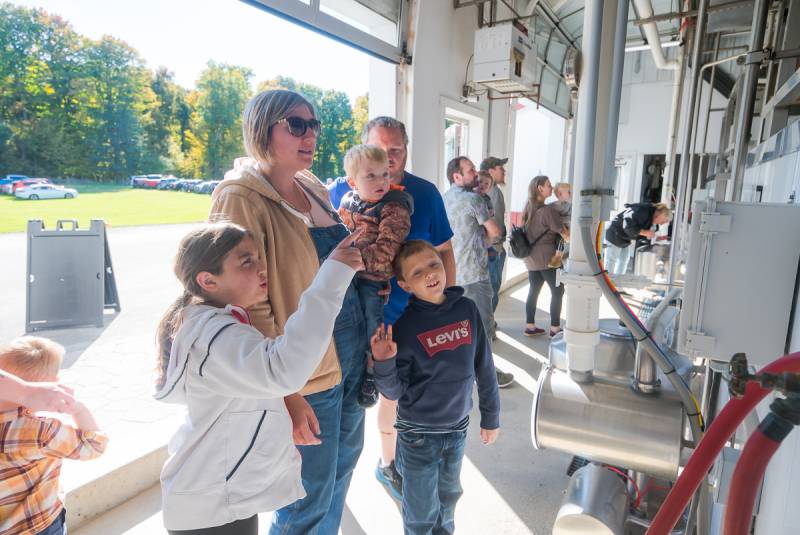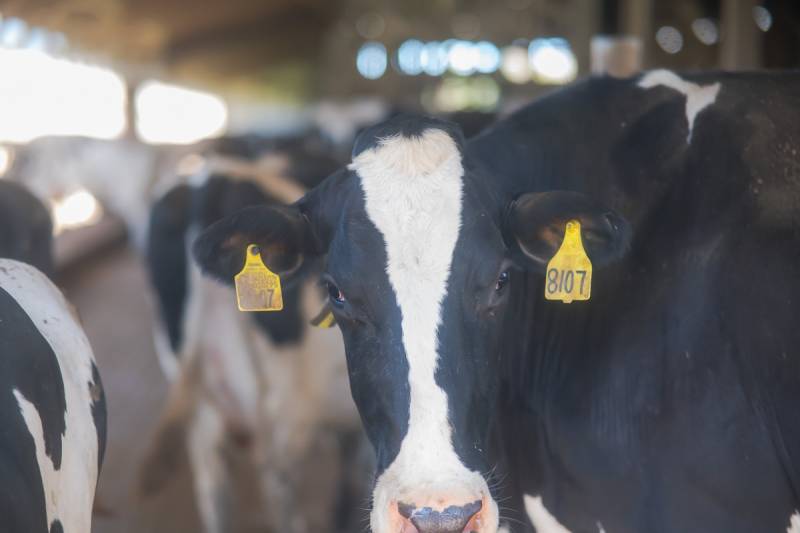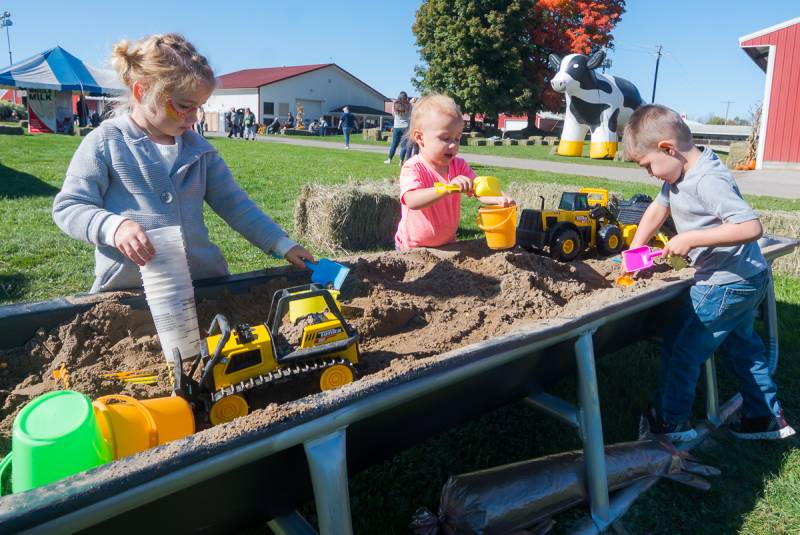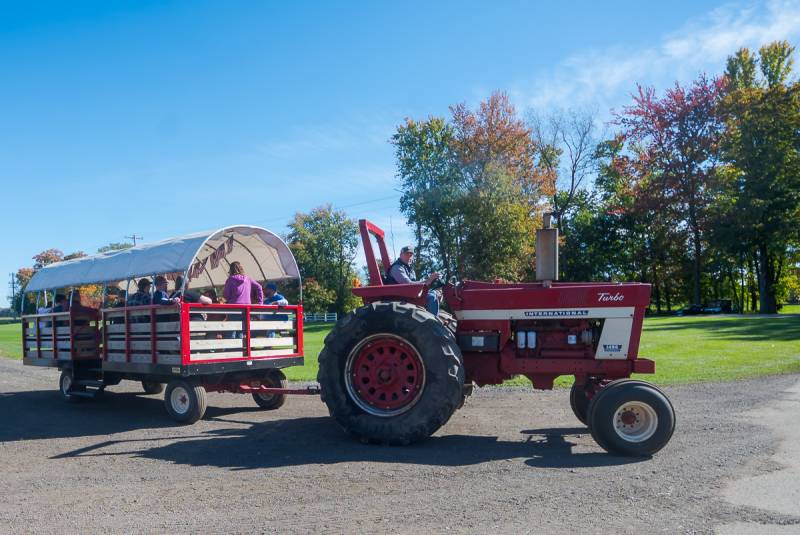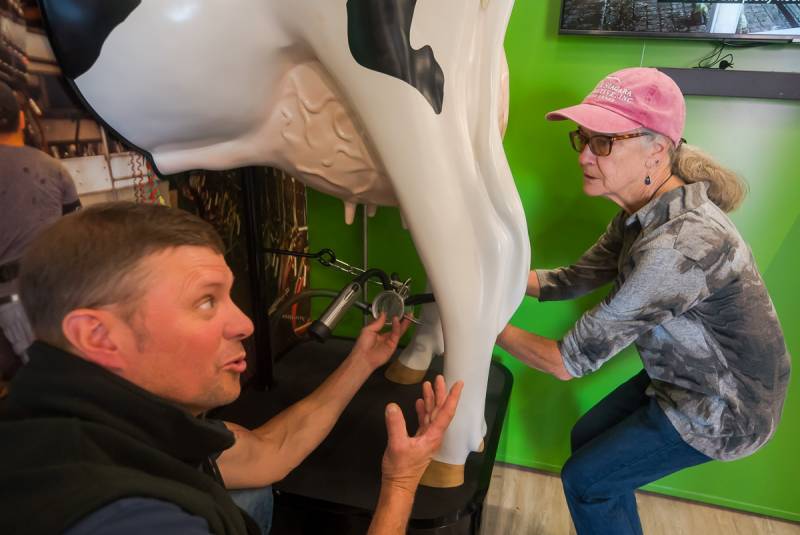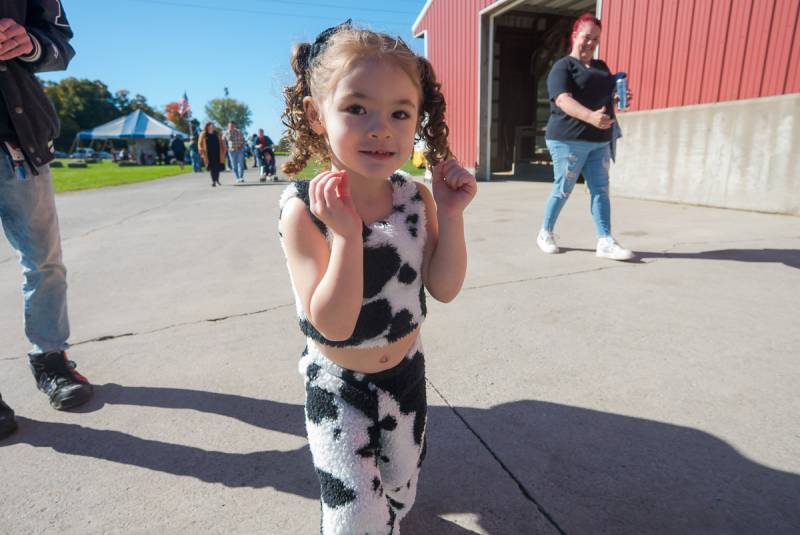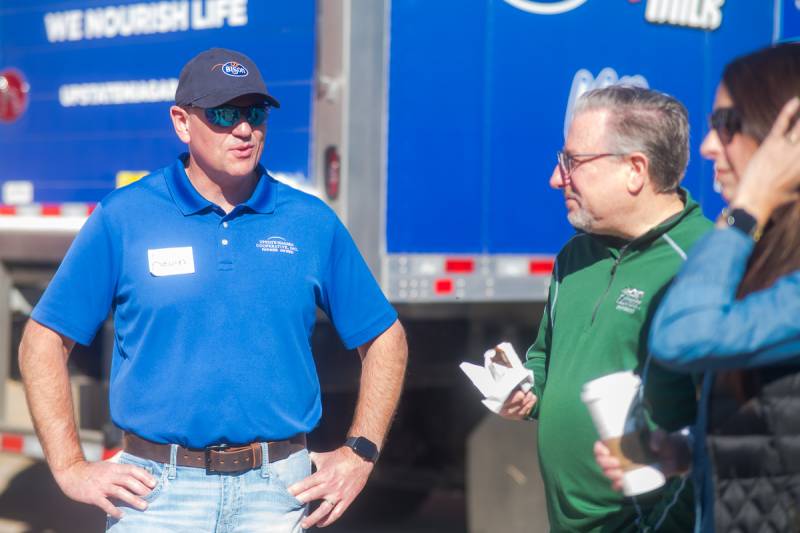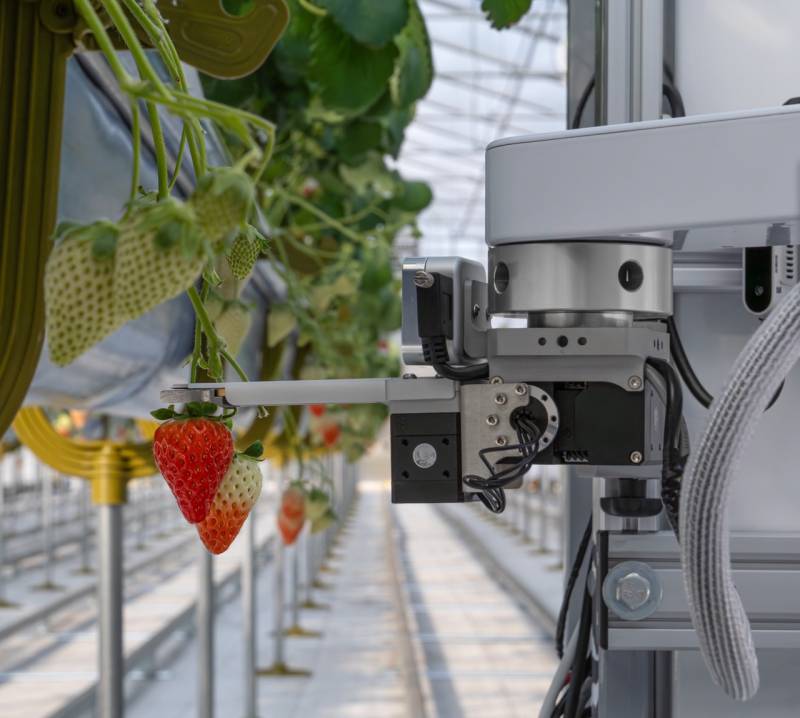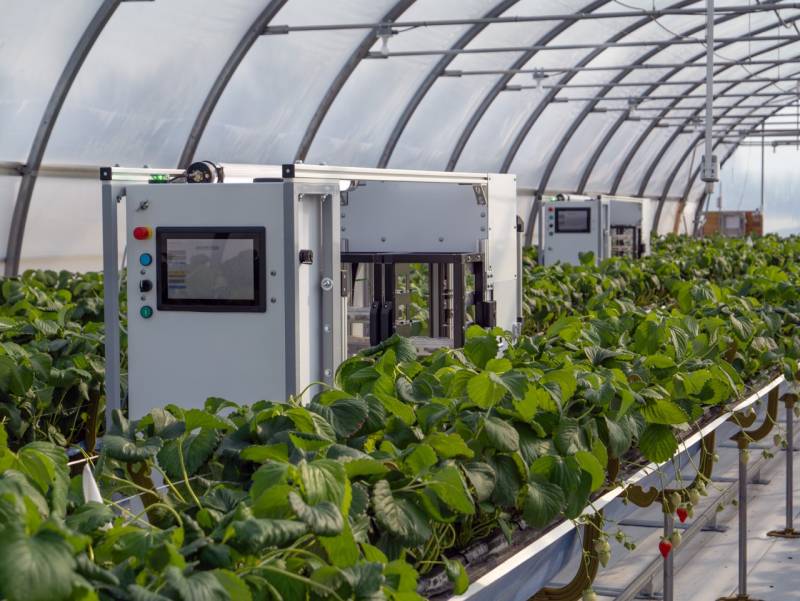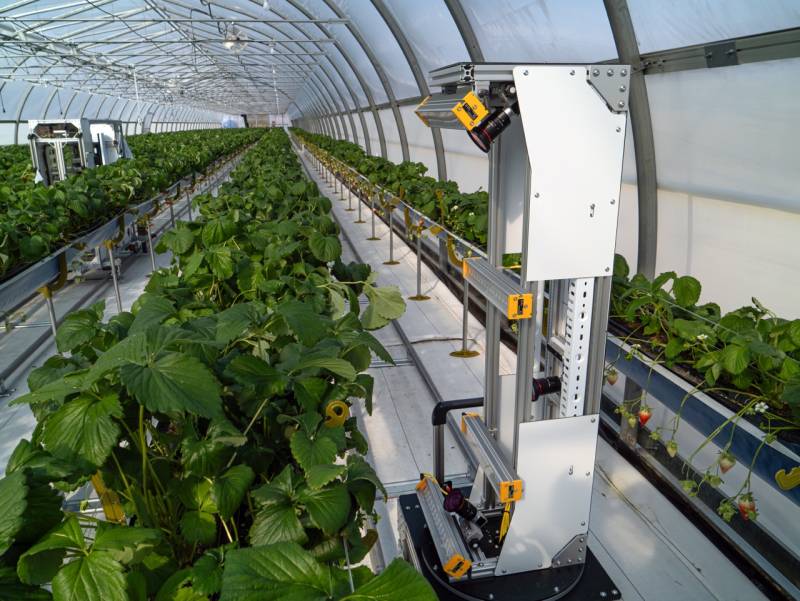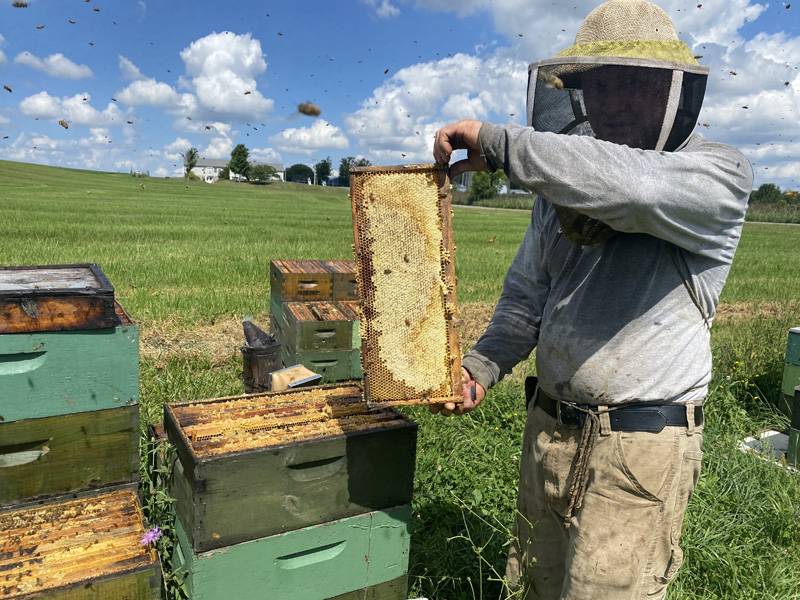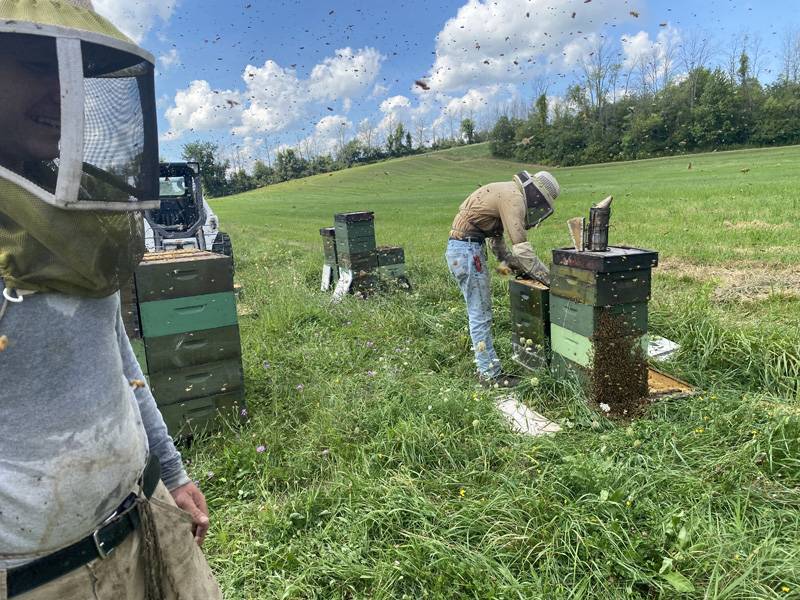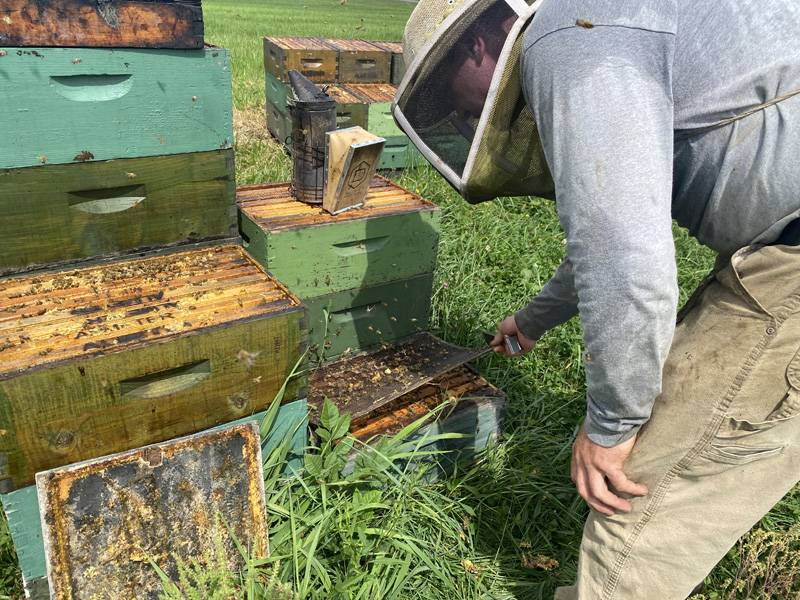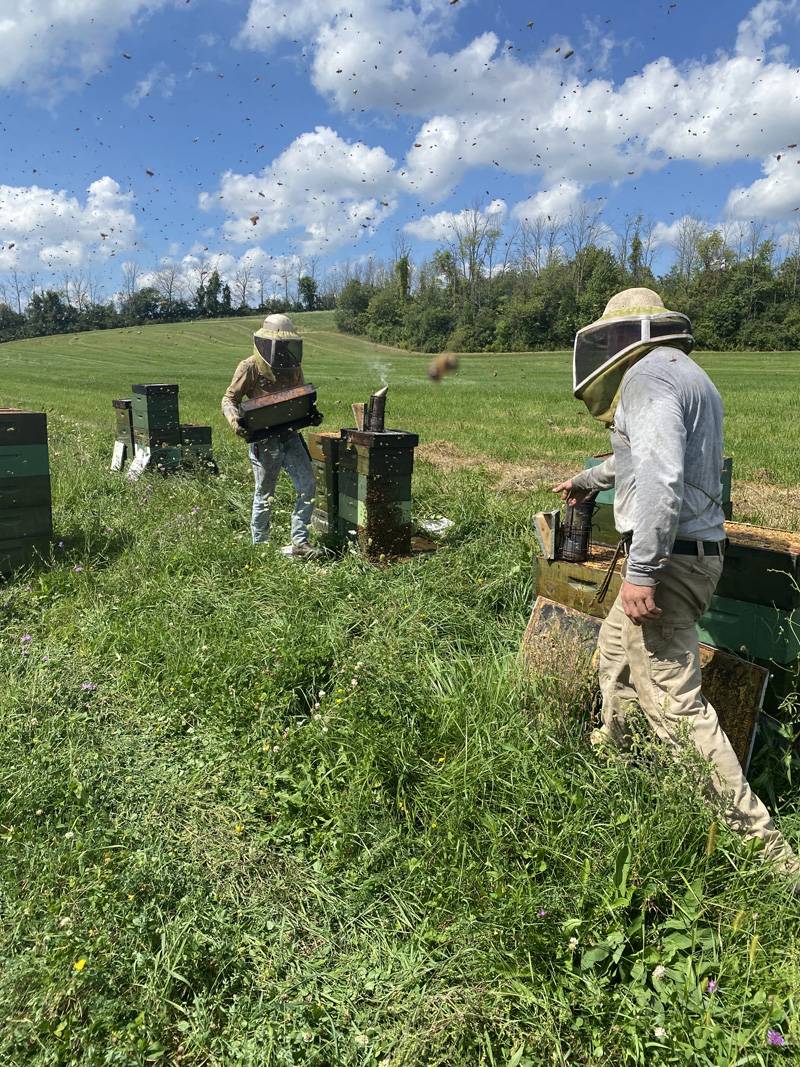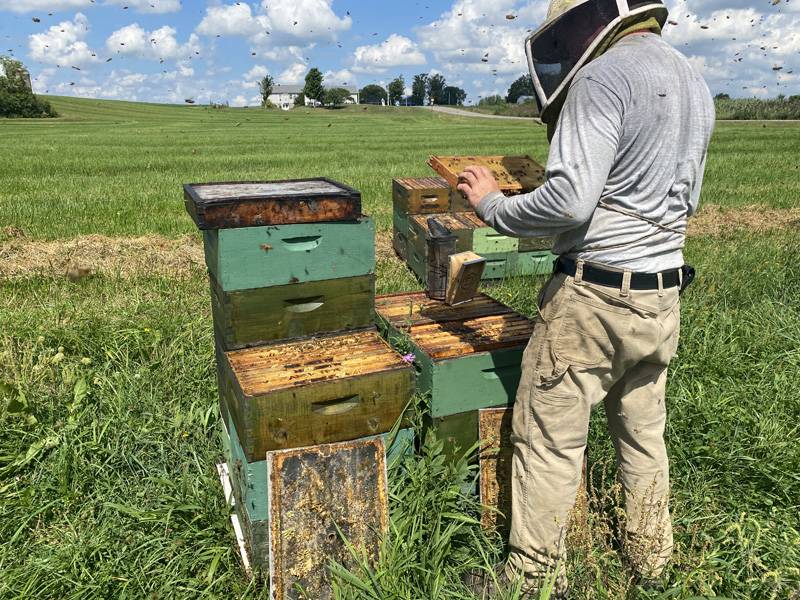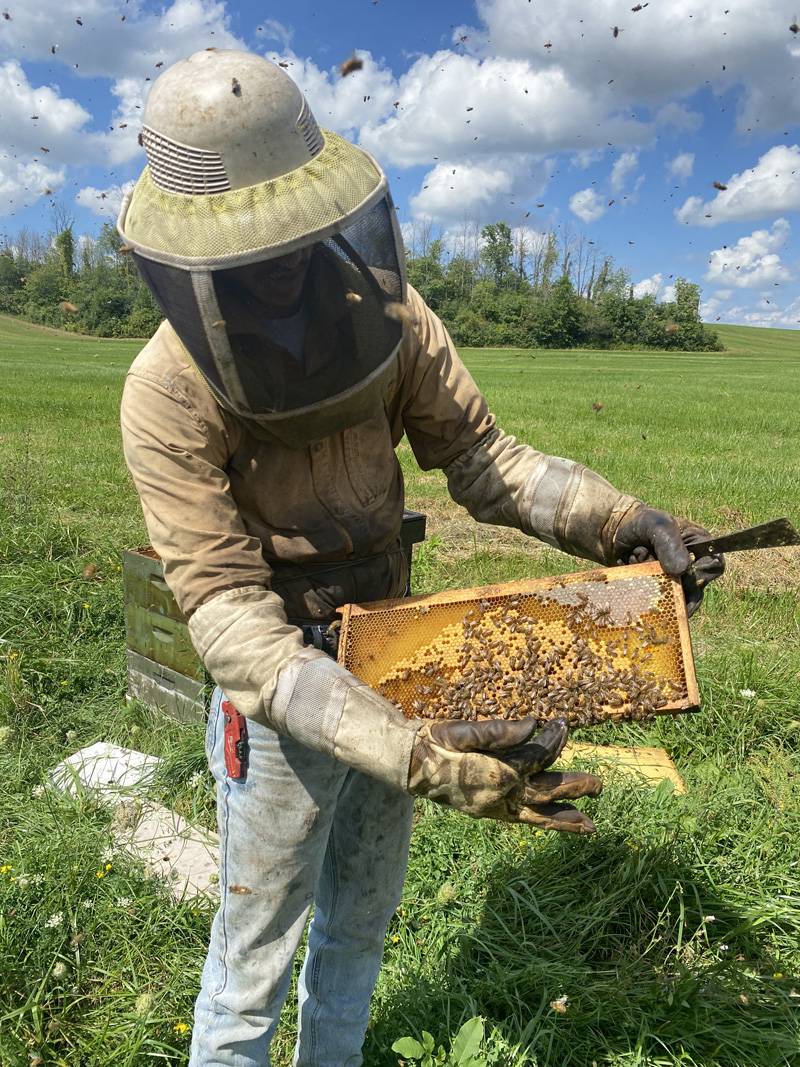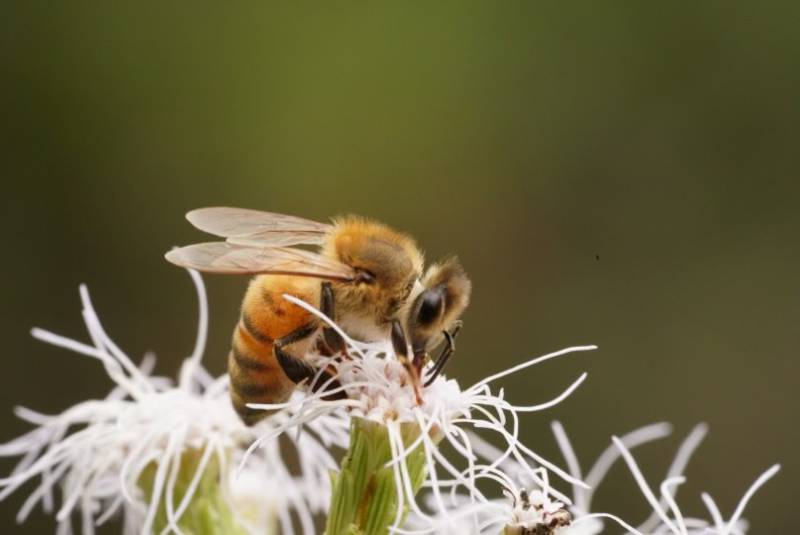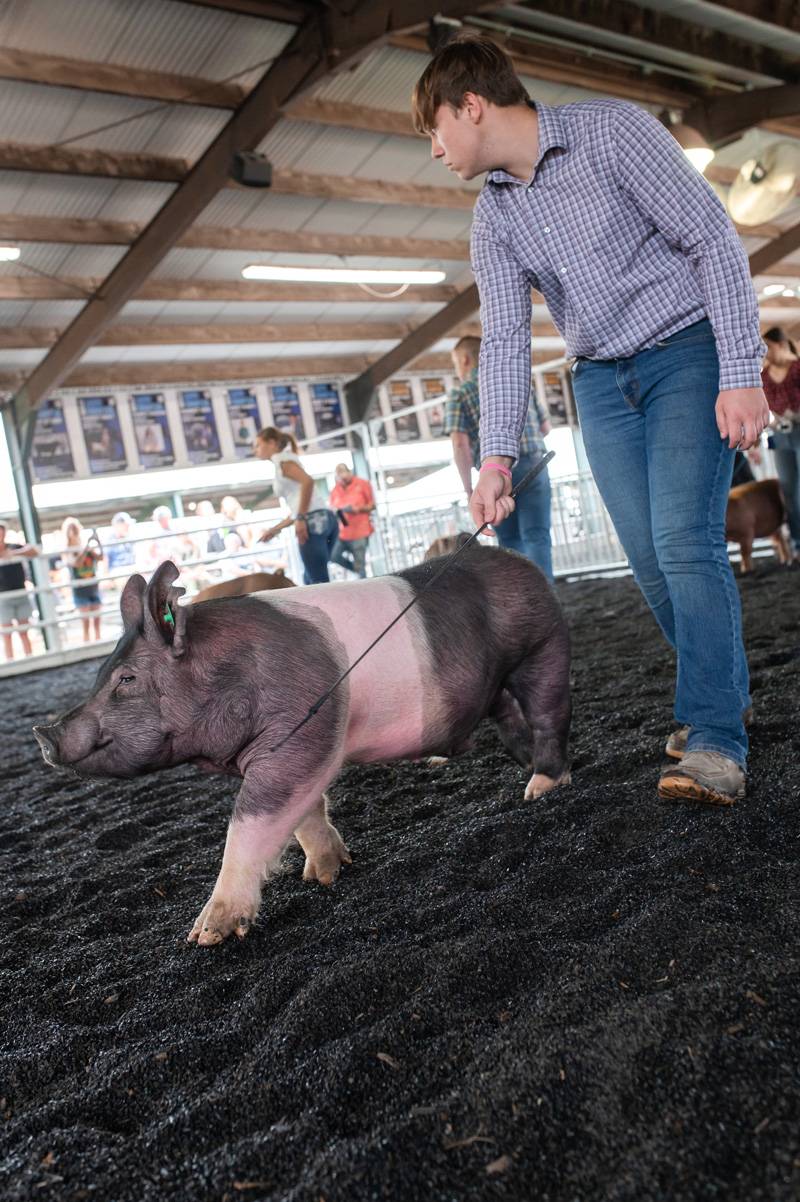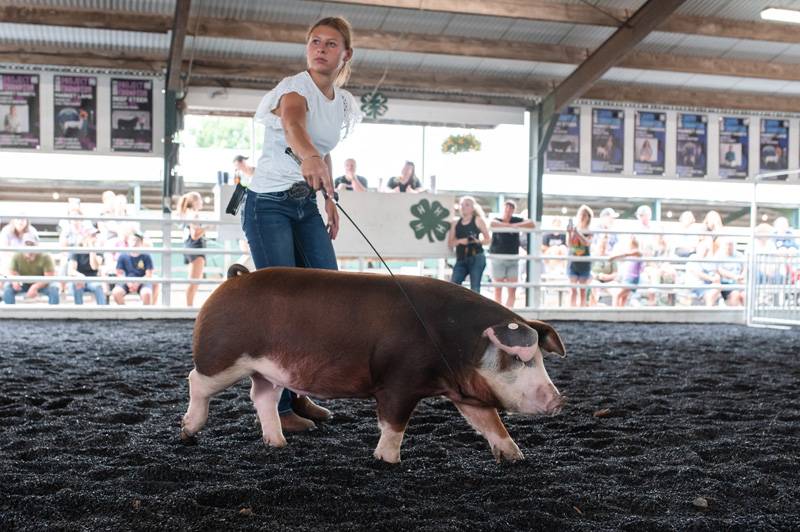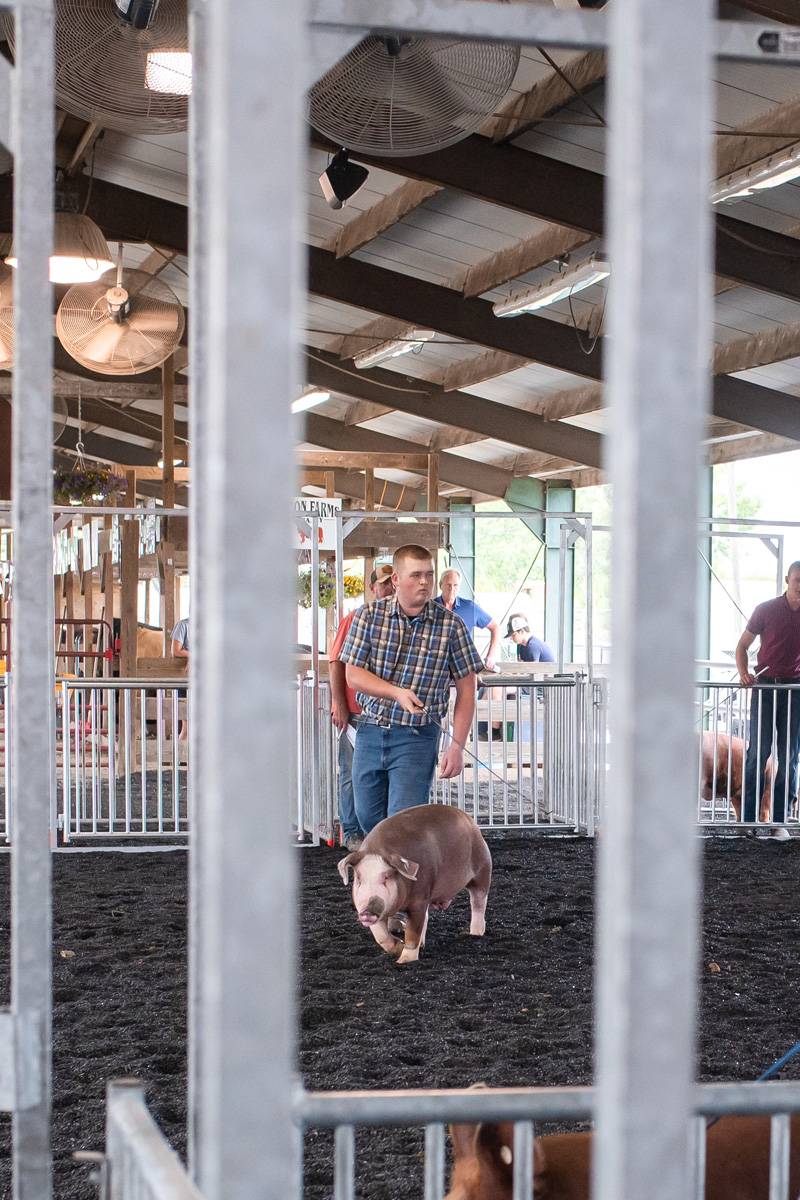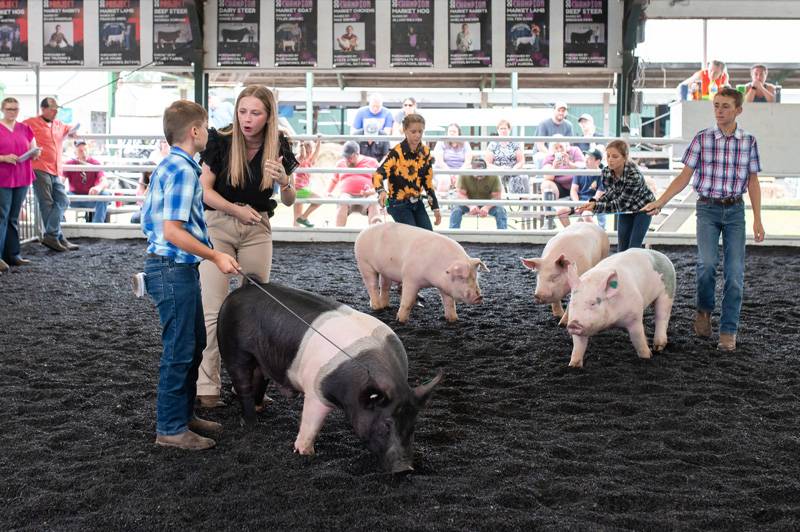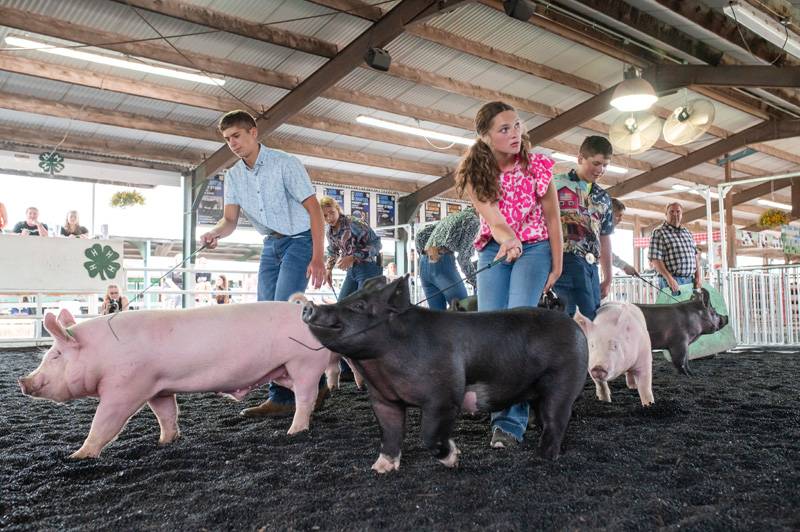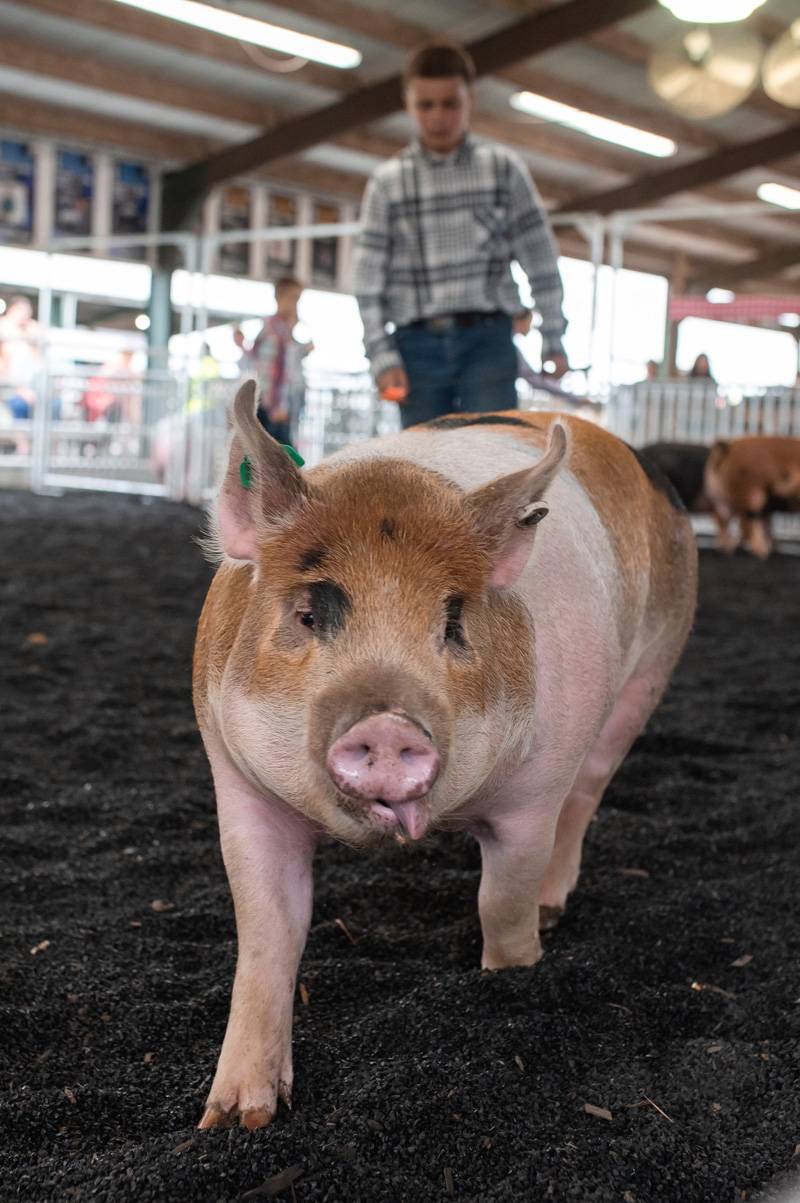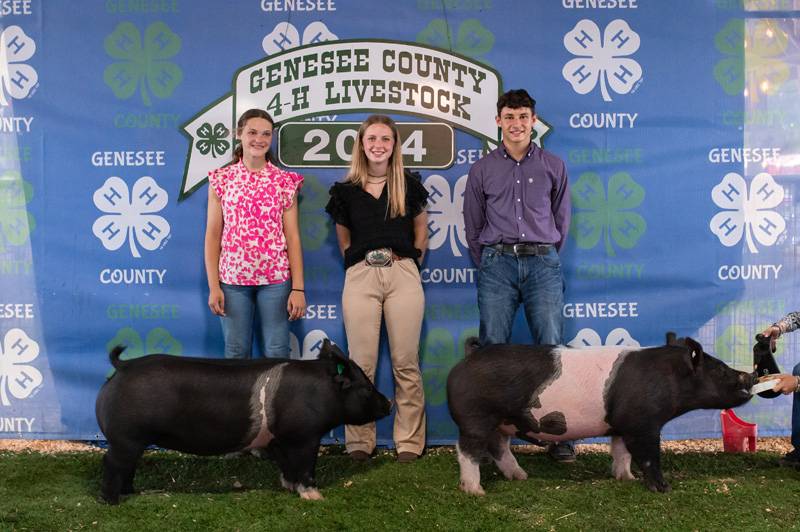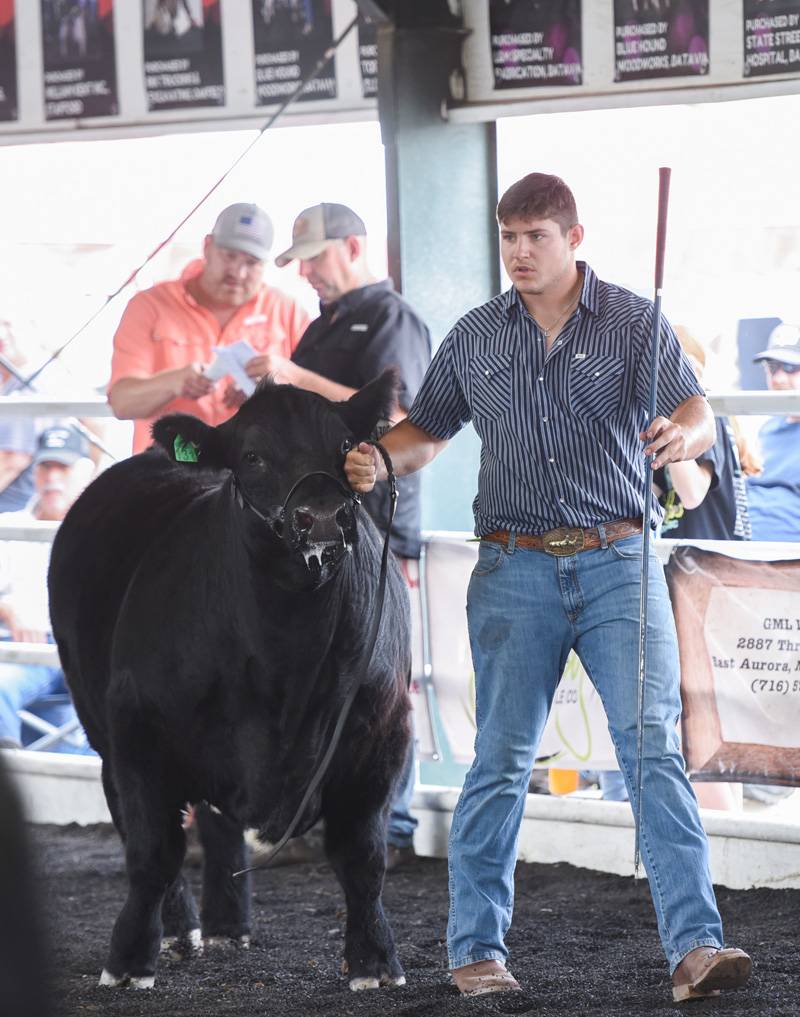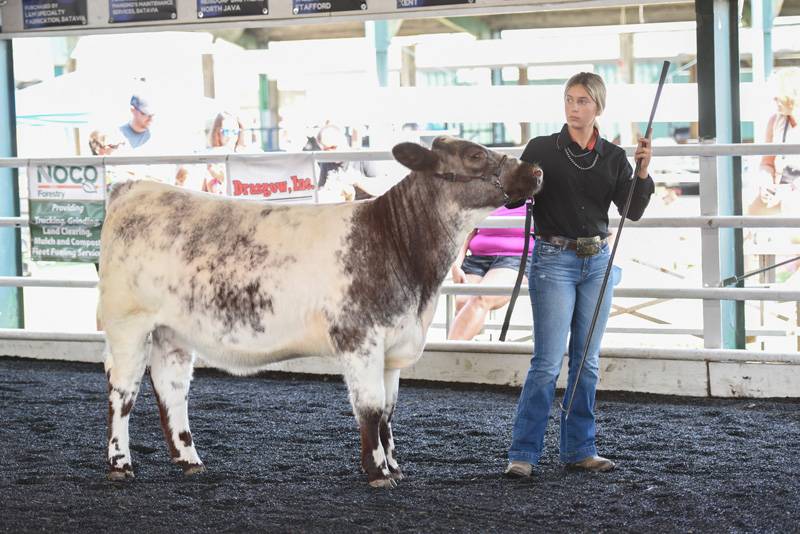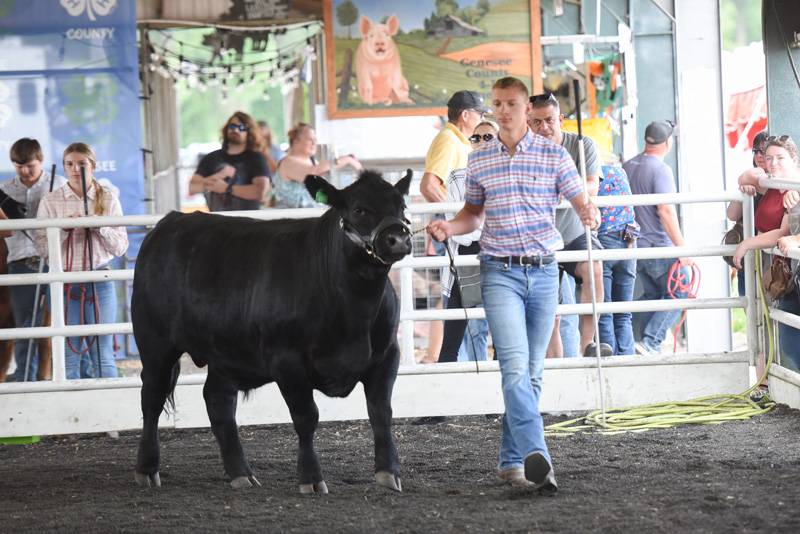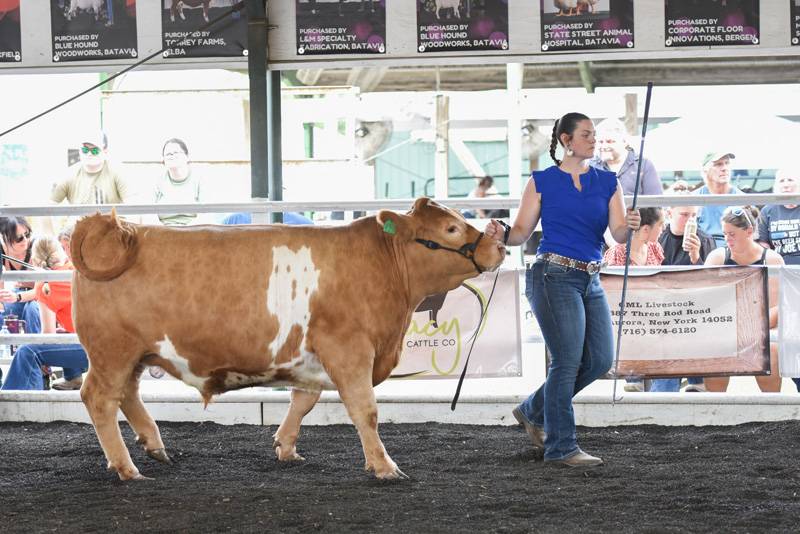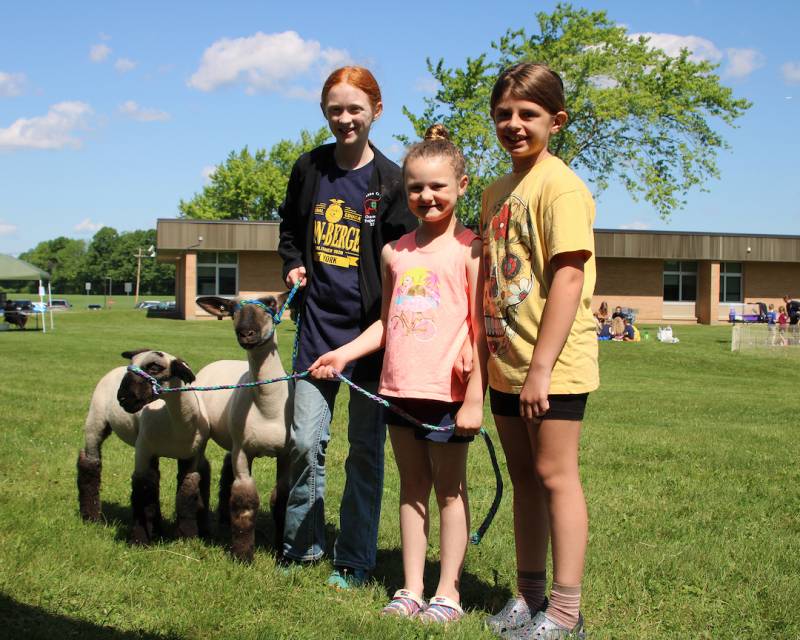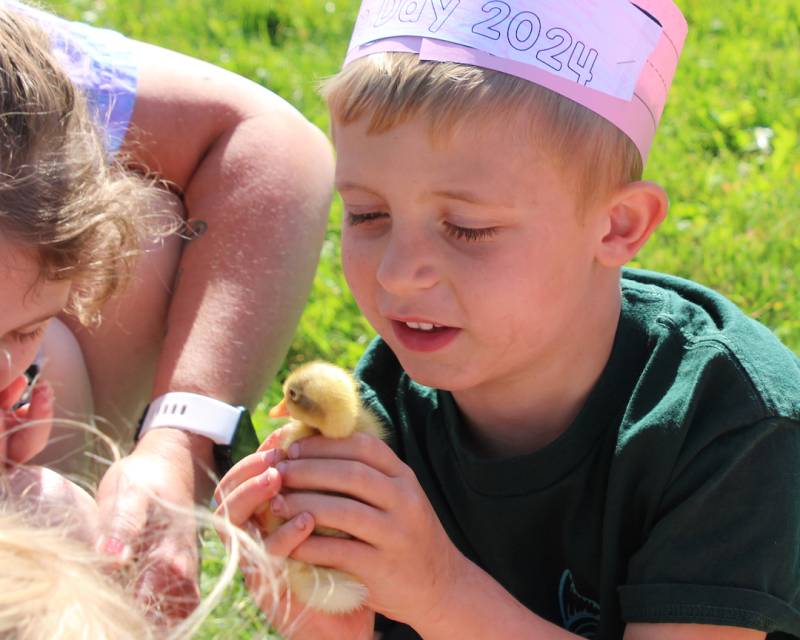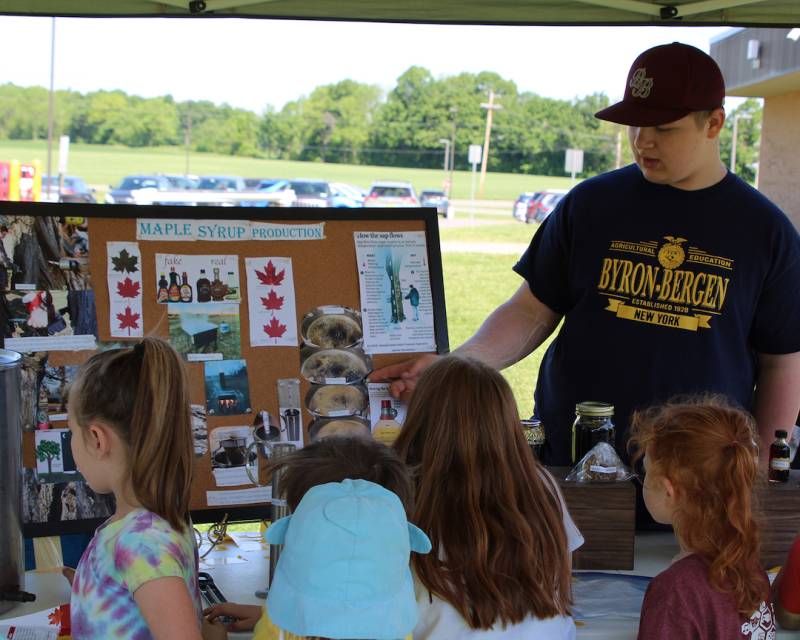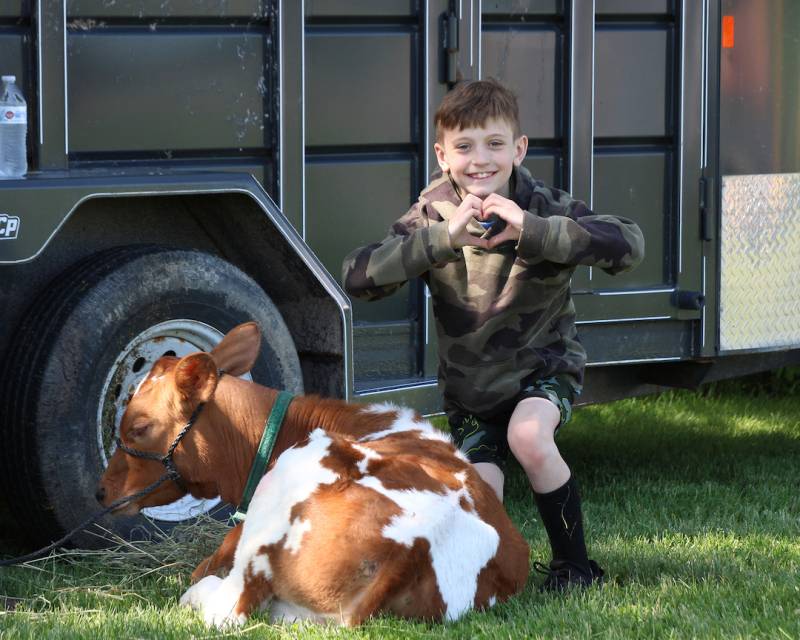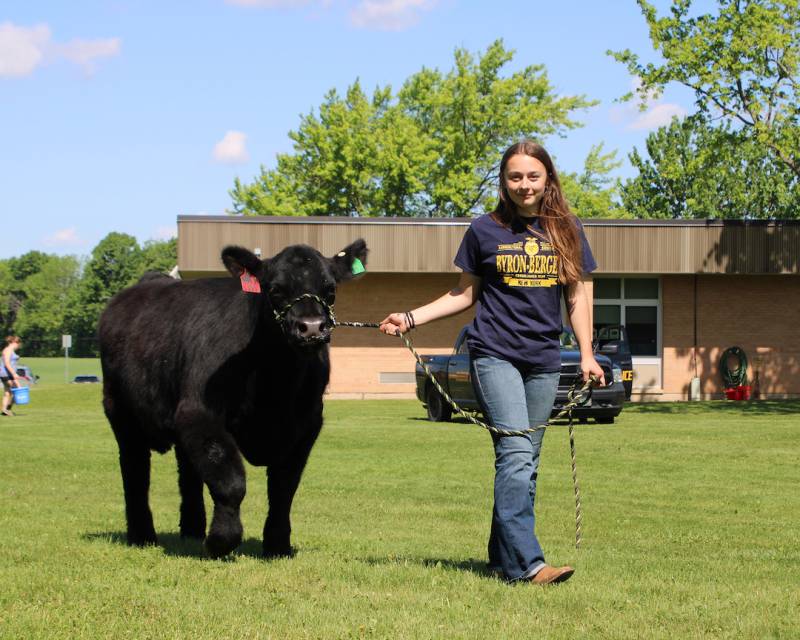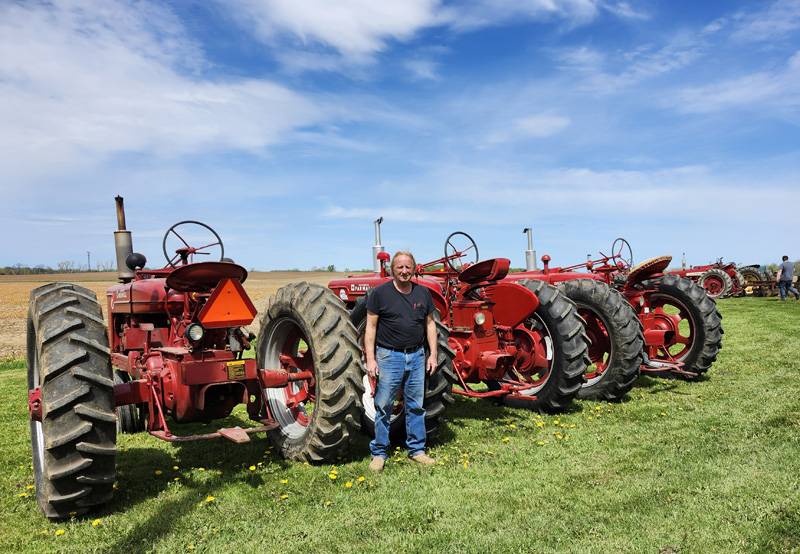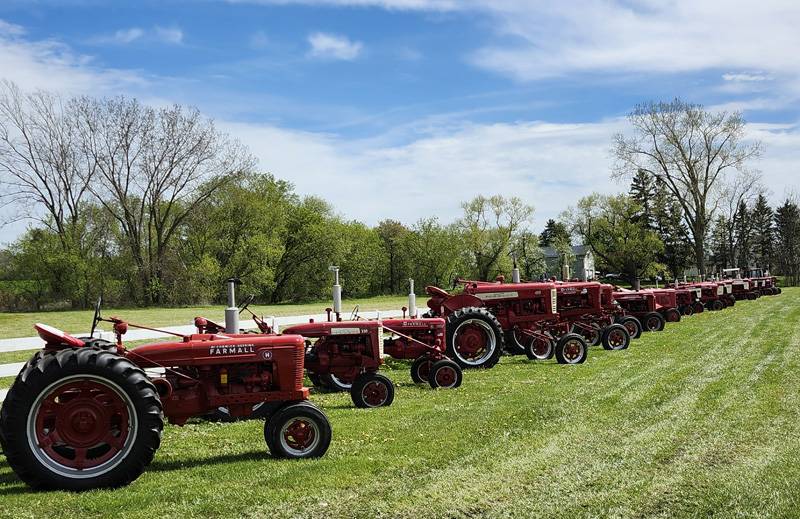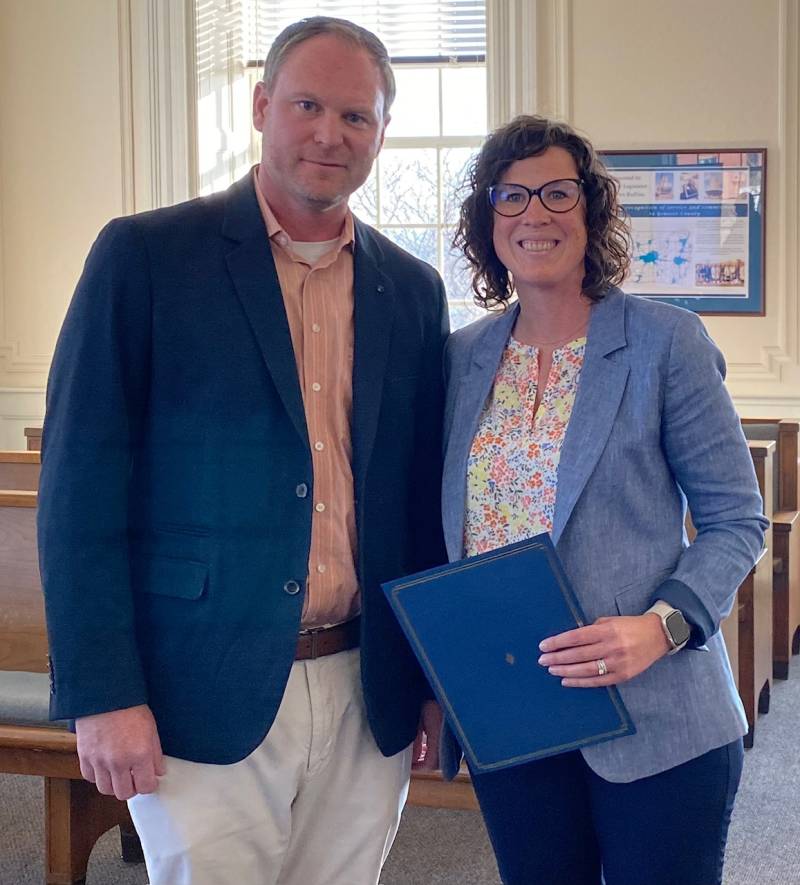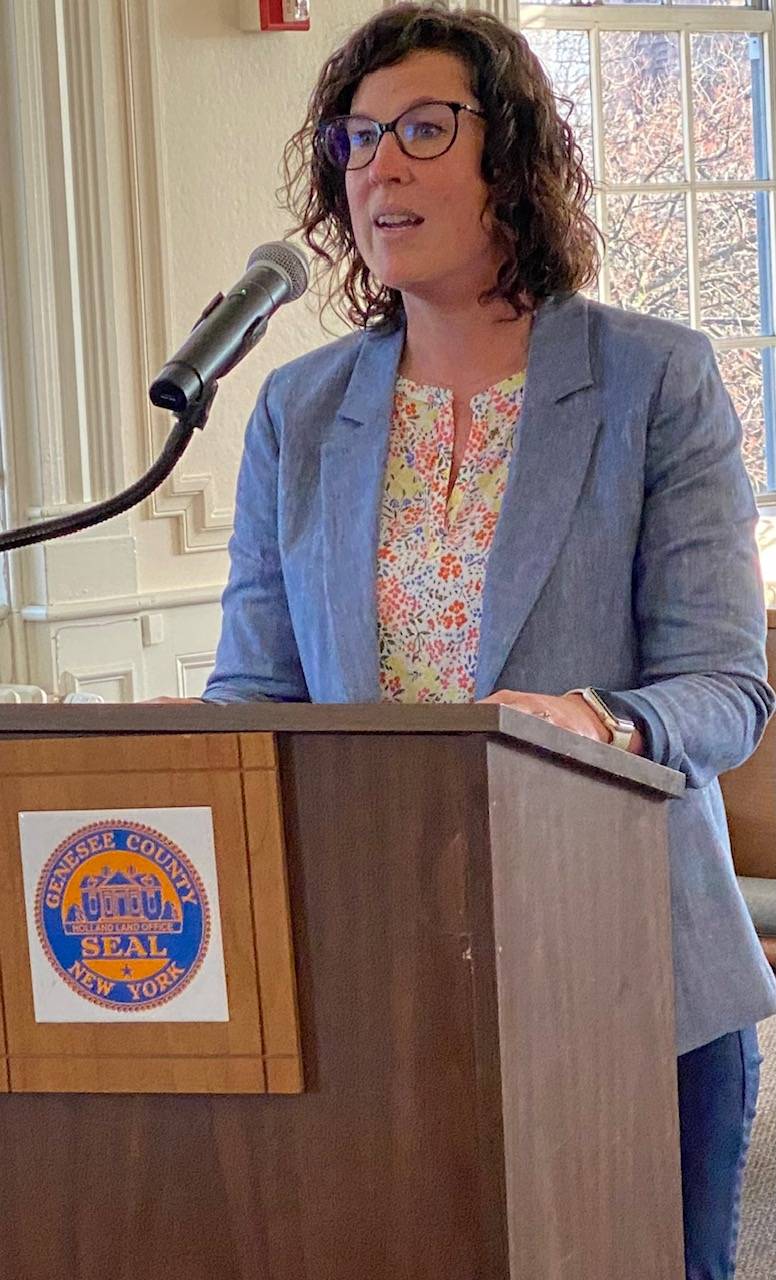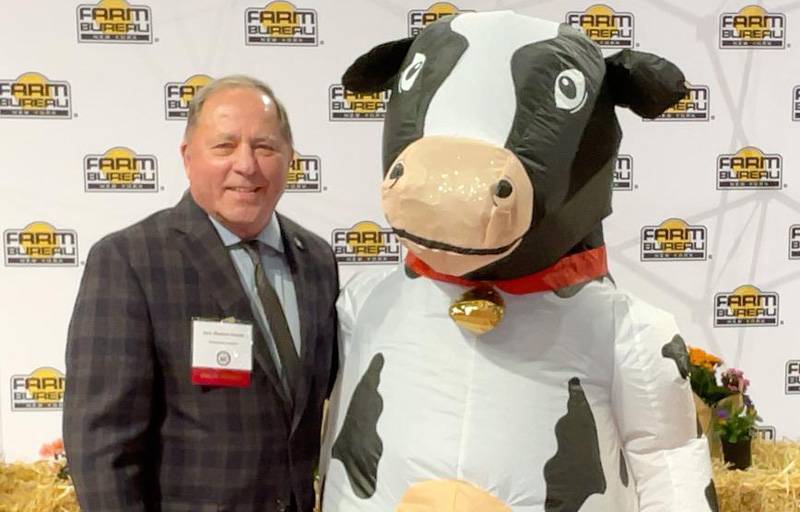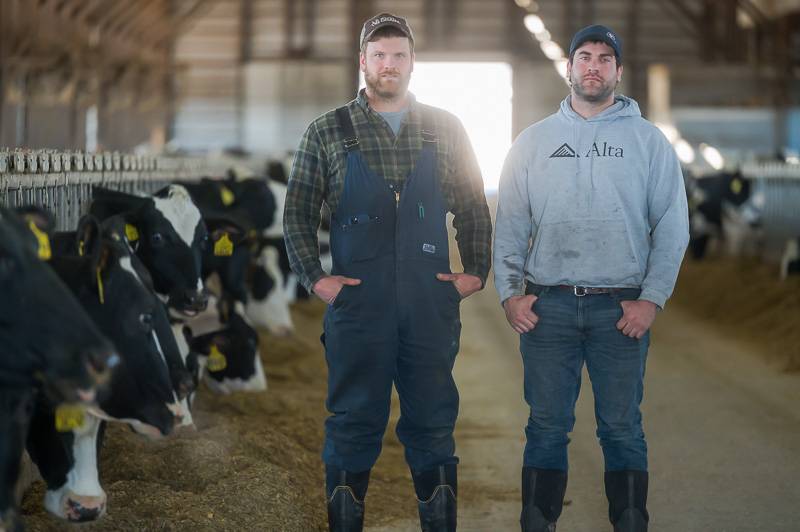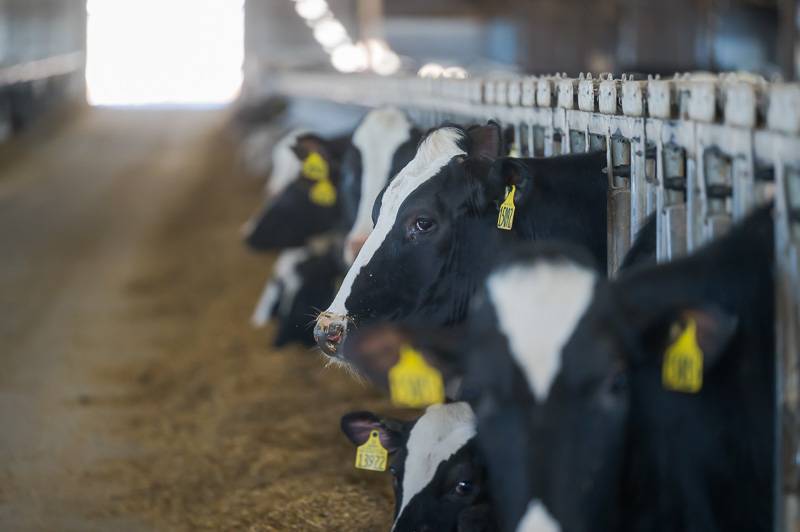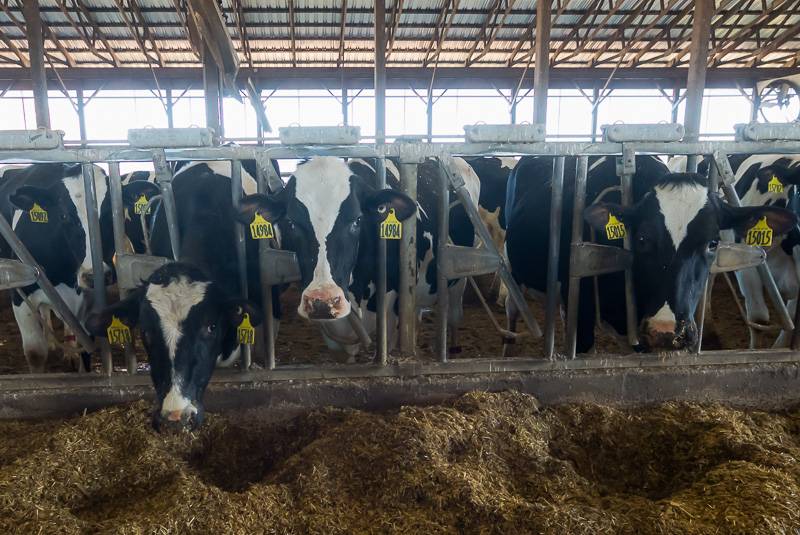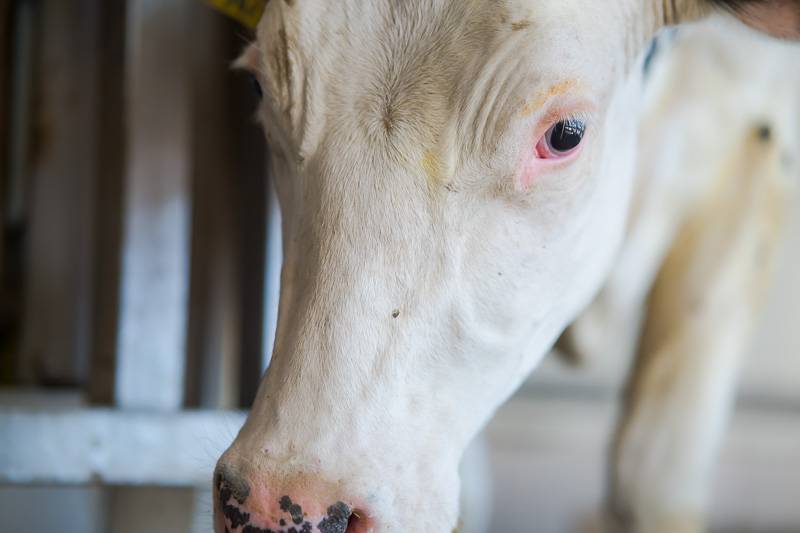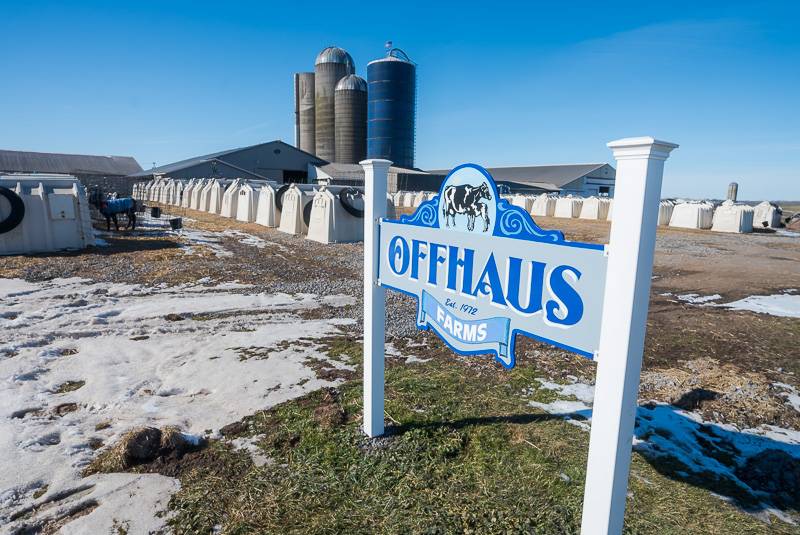Newly proposed bill to limit dairy cows 'one more hurdle' for local farmers

Photo by Howard Owens
It’s safe to say that Jeff Post is no fan of Assemblywoman Linda Rosenthal, who represents District 67 in the Upper West Side and part of Hell’s Kitchen in Manhattan.
Rosenthal was the primary sponsor, with fellow New York City co-sponsors, for legislation that attempts to regulate the number of cows on a dairy farm. Although still in the early phases of the bill process, this measure -- which would limit the number of cows to 700 on a farm -- has been gaining more widespread attention.
“I think it’s just something being done by an uninformed person trying to glom onto the ‘cows are bad for the environment,' which can be proven to be wrong, obviously,” said Post, who owns Post Dairy Farms with his dad and uncle in Elba. “It’s irrational to think that dairy farmers are going to be capped at any size. It stifles growth and it stifles your ability to bring in the next generation.”
He also said that if local dairy farms had to reduce or cap their size, New York and the region would have to rely on imported milk products to meet the demand. That doesn’t make sense to spend money elsewhere when there are “dairy farms that could supply all the milk here, and are willing to,” he said.
Upstate United issued a statement, explaining that this very bill is an example of why the organization was created in the first place.
“To speak out against poorly crafted policies driven by downstate legislators that impact the viability and success of Upstate families, industries and communities. They don’t have dairy farms in their districts, and legislation like this suggests that either they don't care or are unaware of the industries that support Upstate’s economy,” the organization stated. “More than 95% of New York’s farms are family owned. At a time when New York State is making significant investments in major processors like Fairlife, Chobani and Cayuga Milk Ingredients, it makes absolutely no sense to restrict or limit the number of cows those farms can have when the milk they’re producing is needed for those companies to be successful.”
Another description is that “it’s just stupid,” Post said. And a valid reason for why droves of people are leaving the state each year, he said. “It’s all of that same kind of thinking that affects the whole government of New York,” he said.
One of Rosenthal’s concerns is apparently the environmental repercussions of runoff from manure in the fields, and Jack Klapper, co-owner of Noblehurst Farm, said that’s just a misnomer.
“There's nobody that cares more about this land or these animals that we take care of than farmers themselves, because this is what provides us our livelihood. We are environmental stewards. We try to do the best we can. We want to see this land prosper for the next generation to come, and we take the utmost care and respect for it," Klapper said of the farm situated in Genesee and Livingston counties.
His family farm, he said, is "doing very cool things" when it comes to the environment.
"On my family's farm, we have a methane digester where we take in the cow's manure, and we also take in food scraps from the area -- food scraps that would otherwise end up in landfills -- and we take that food waste, and we take that cow's manure and we mix it together and put into our anaerobic digester, and we're able to create electricity off of it, which helps us power the farm, and we could also power between 300 to 500 homes with it, if we wanted to."
When he first heard about the NYC legislators pushing for this bill, he cited former President Dwight D. Eisenhower’s words, “farming looks mighty easy when your plow is a pencil and you’re a thousand miles from the corn field.”
“My mind went there, because it is classic New York City politicians trying to muck up waters in upstate, where they know little to nothing about, obviously. It would have a humongous impact on the New York dairy industry if it were to happen. I do not foresee it gaining a whole lot of traction. I think it's more of a headline reaching thing,” he said. “But if it were to happen, it would have huge consequences on the dairy industry here in New York State, from a growth perspective.
The industry has invested billions in processing facilities in upstate, he said, including Great Lakes cheese in Franklinville, Fairlife in Webster, and the new Chobani plant that will be located in central eastern New York.
"And I think, at the state level, we should be promoting agriculture. We should be promoting business, not limiting business."
The dairy industry competes globally, he said.
"We're competing with countries like China and European countries, so we have to have access to these global markets and be able to compete on a global scale," he said. "And we're also competing in the States against other states as well. So if this legislation were to pass, New York farmers would be slapped with a huge disadvantage compared to Ohio farmers or Pennsylvania dairy farmers, we would just be at a huge disadvantage compared to our neighboring states and neighboring countries and things like that.”
He spoke as a farmer and as president of the Livingston County Farm Bureau. Klapper is planning a trip to Washington, D.C. this Sunday. While not a federal issue, the bill in question is important enough for him to “get ahold of some representatives to rattle the cage of some upstate reps to really squash this.”
He wanted to clarify that it's not about just defending large farms, as they all have a place.
“It’s not a small farm versus big farm thing; all farms are good. We need all farms,” he said. “The amount of money that these farms pass through these local rural communities is astonishing. Just in pass-through dollars (to local companies) … that's a lot of dollars passed through local hardware stores, lots of jobs created because of these farms in the area. And without these farms, all that business goes away, those jobs go away. So it's very important.”
There are upstate representatives on the dairy farmers' side, including Genesee County representatives Assemblyman Steve Hawley and Senator George Borrello, the ranking member of the Senate Agriculture Committee, each of whom has spoken against the preliminary bill, along with others from various parts of the state.
“This outrageous proposal is a slap in the face to every hardworking dairy farmer in New York. It’s yet another example of radical New York City lawmakers trying to control an industry they know nothing about,” Borrello said during a recent press conference. “These farms aren’t factory operations, they’re family businesses built over generations. And instead of helping them grow, Albany is threatening to regulate them out of existence.
“The same extreme ideology that gave us the Farm Labor Act—a law that’s already done lasting damage to agriculture in this state—is now back to finish the job,” he said. “If the goal is to drive dairy production out of New York and into other states, this bill will get it done—at the expense of rural communities, local economies and our state’s food security.”
With a poster theme of “Save our cattle from downstate rattle” affixed to the podium, during this week's press conference, Hawley also discussed how New York has experienced a drastic decline in the number of dairy farms over the last 25 years, dropping from 9,300 to approximately 3,000.
This decline has accelerated substantially in recent years as the dairy industry has struggled to turn a profit and keep up with operating costs, Hawley said, strongly opposing the proposal that “will only accelerate this trend” and push more dairy farmers out of business.
“While small-scale dairy farms are struggling to make ends meet, members of the Majority who have never stepped foot on a farming operation are trying to regulate them out of business,” Hawley said in a press release. “As a former farmer myself, the assertion that our local farms are destroying our environment is completely ridiculous. Working families across our state rely on our dairy farms for their basic necessities, and this proposal will only bring up costs and reduce availability. We cannot allow this out-of-touch proposal to hurt our rural communities, and I will continue to stand with my colleagues in the state Assembly to ensure this initiative is shut down once and for all.”

Photo by Howard Owens
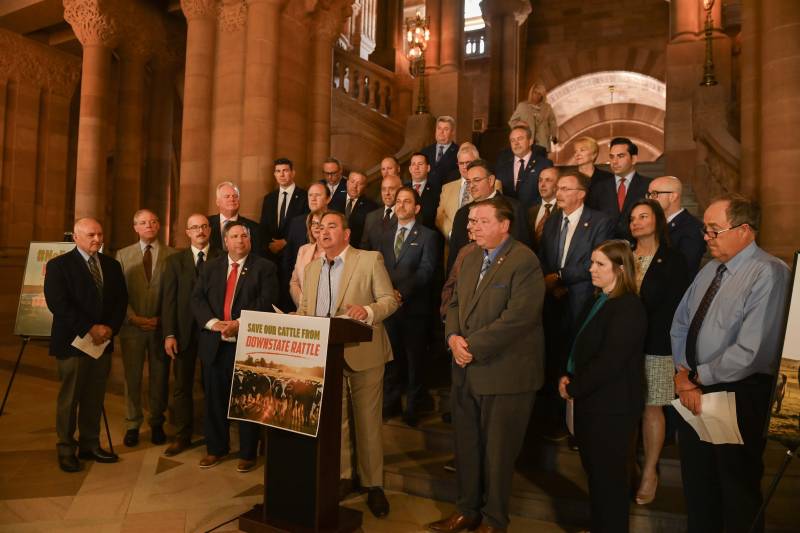
Submitted Photo


